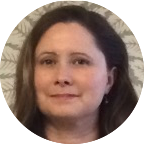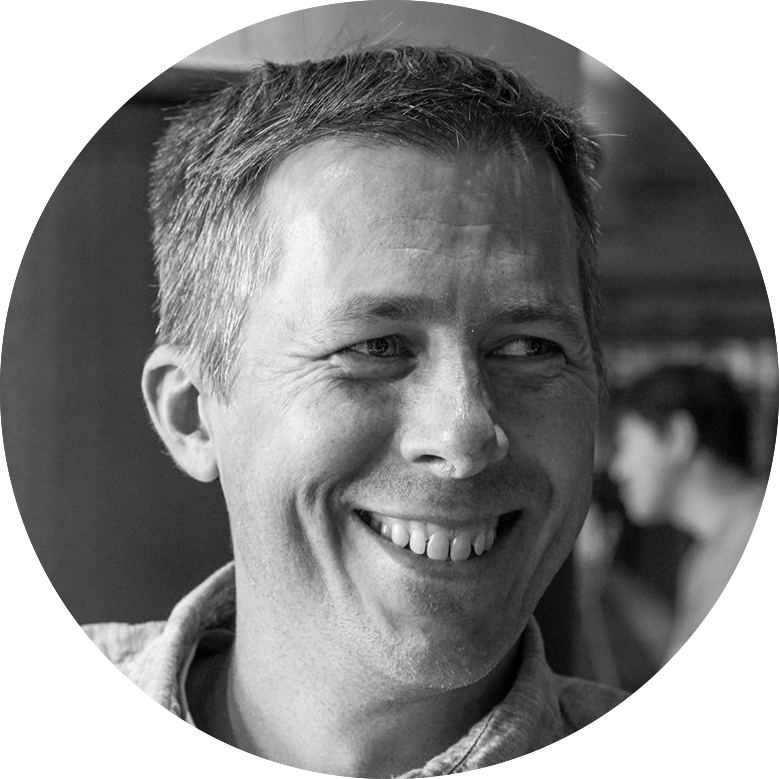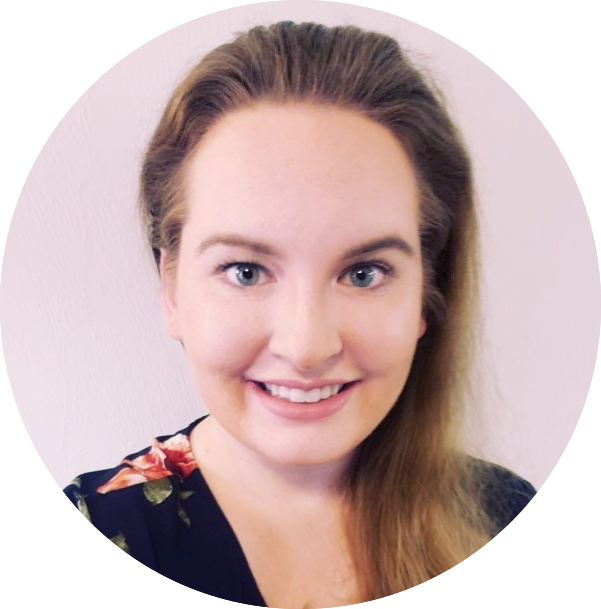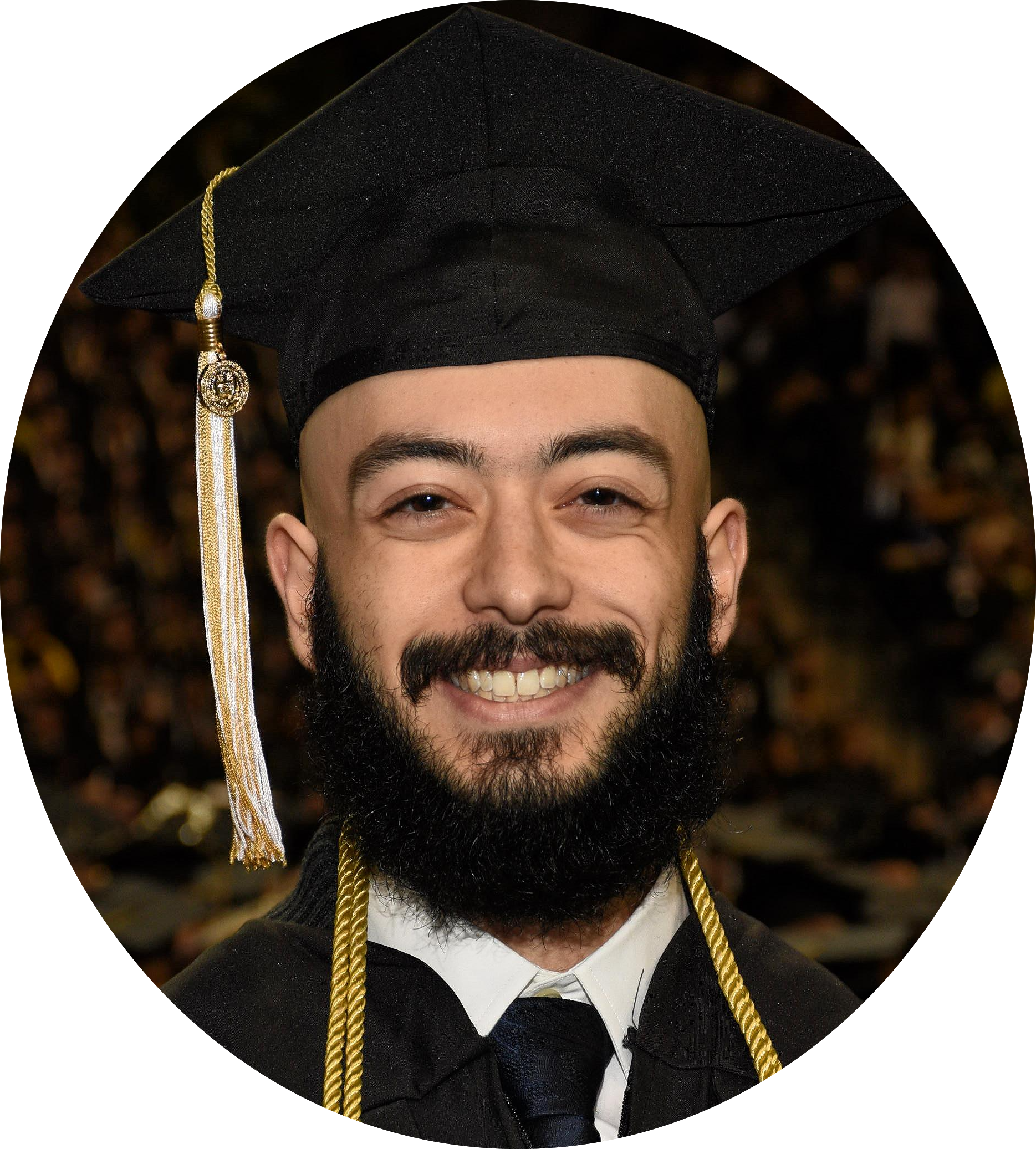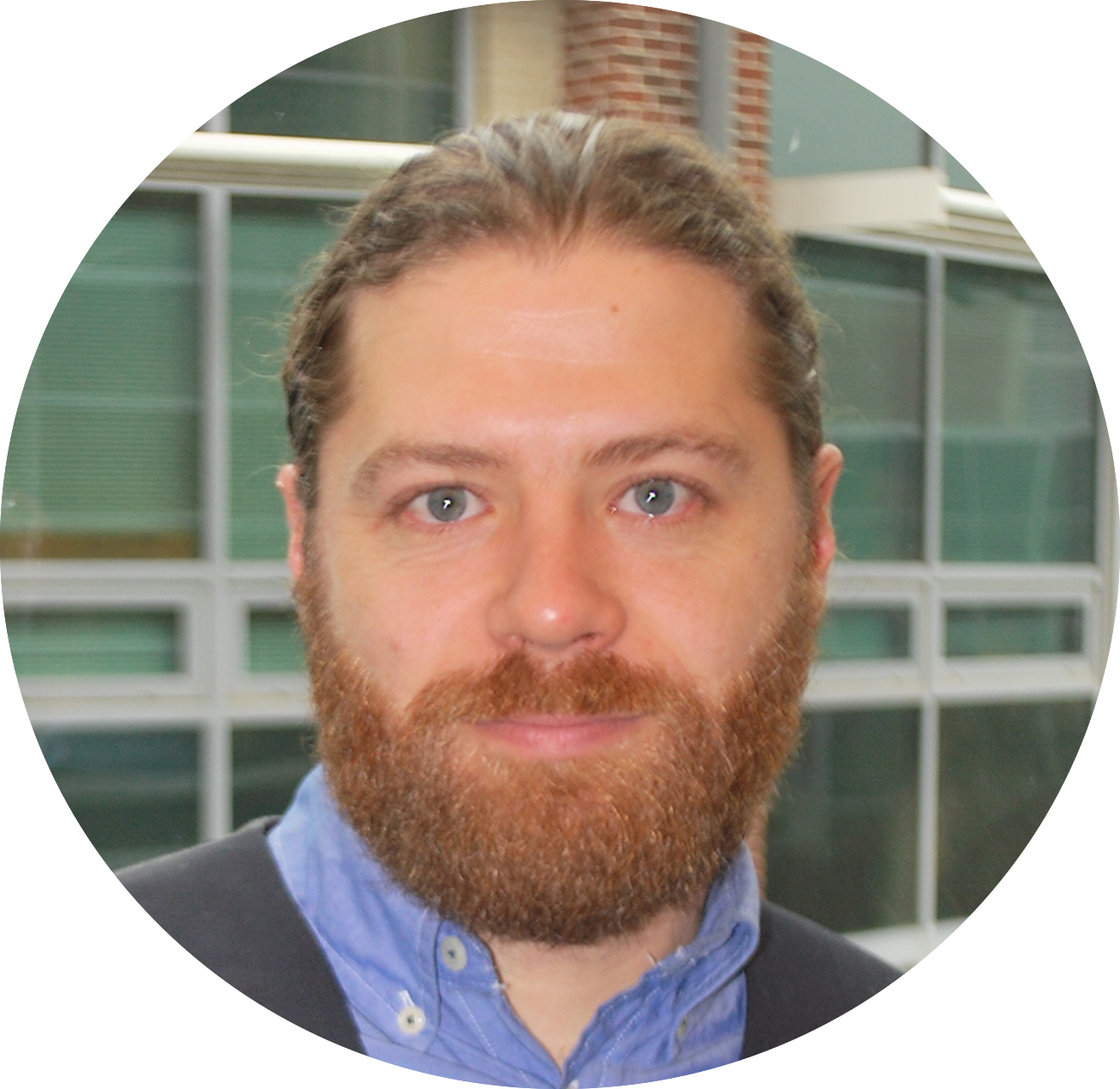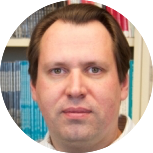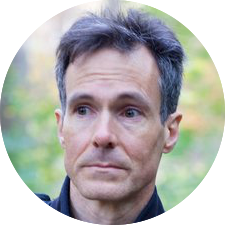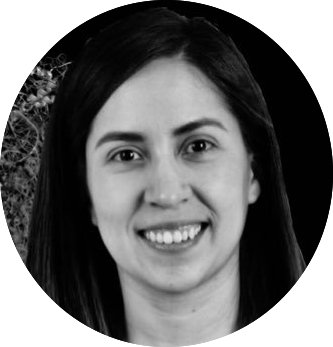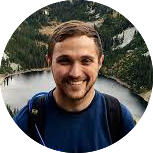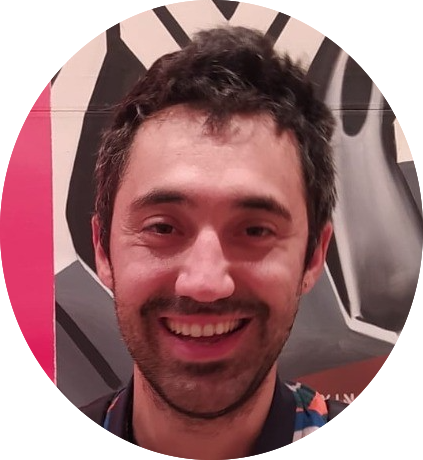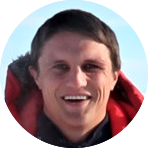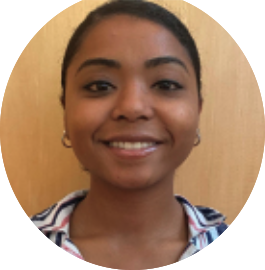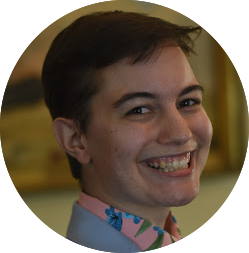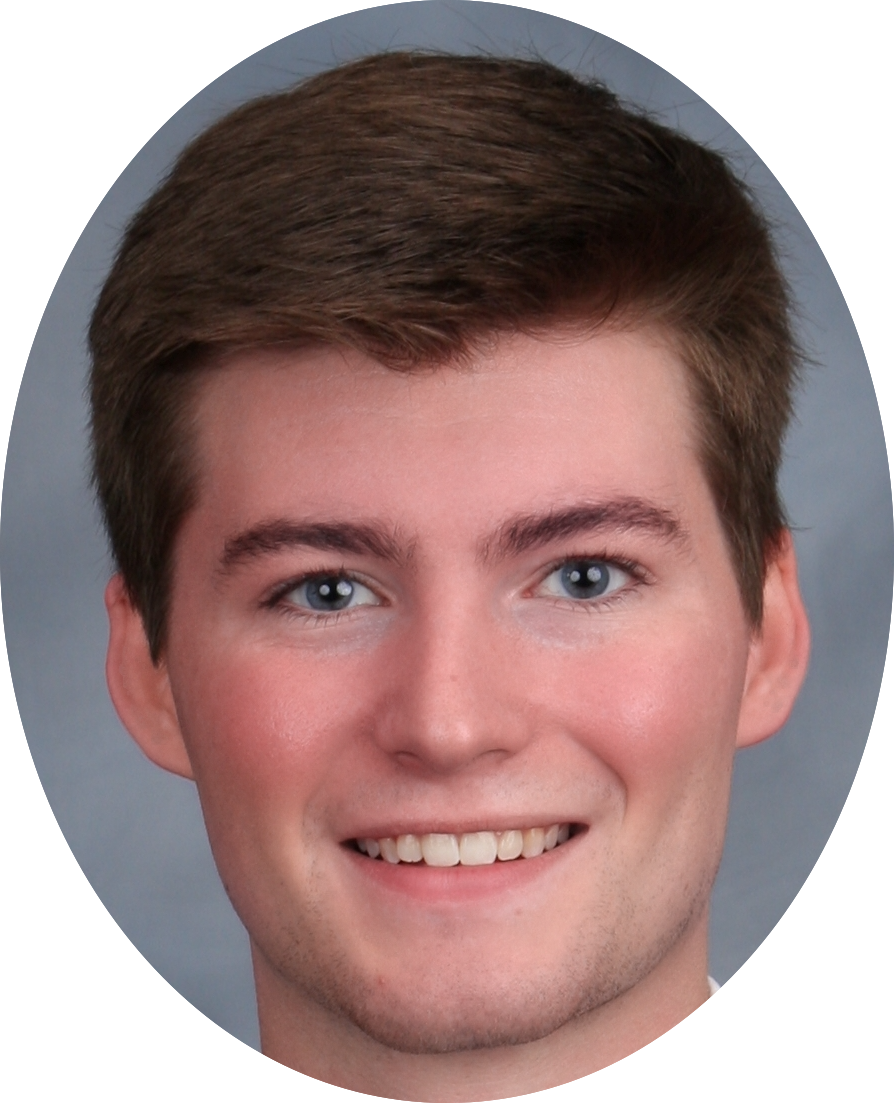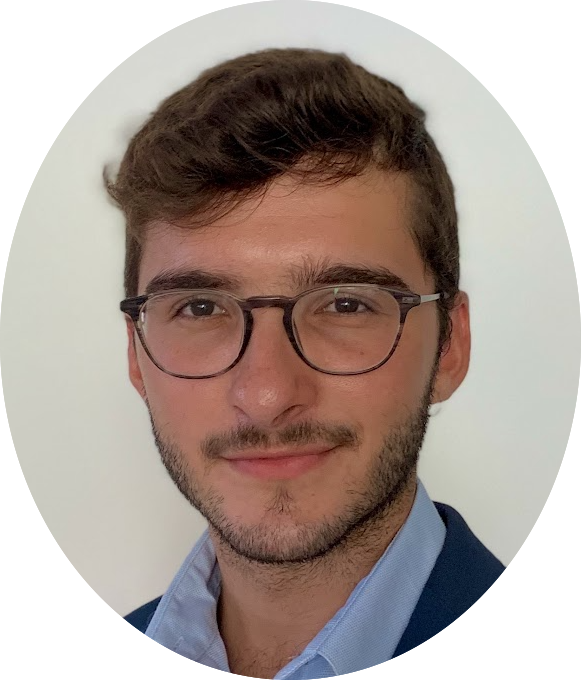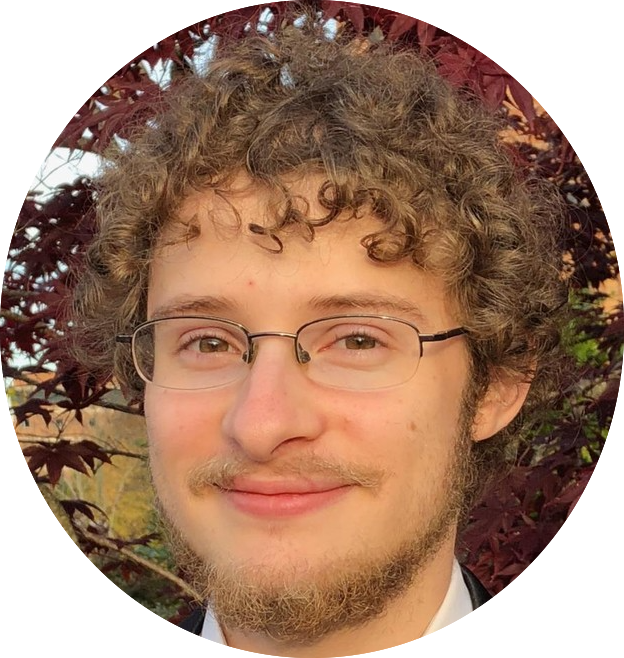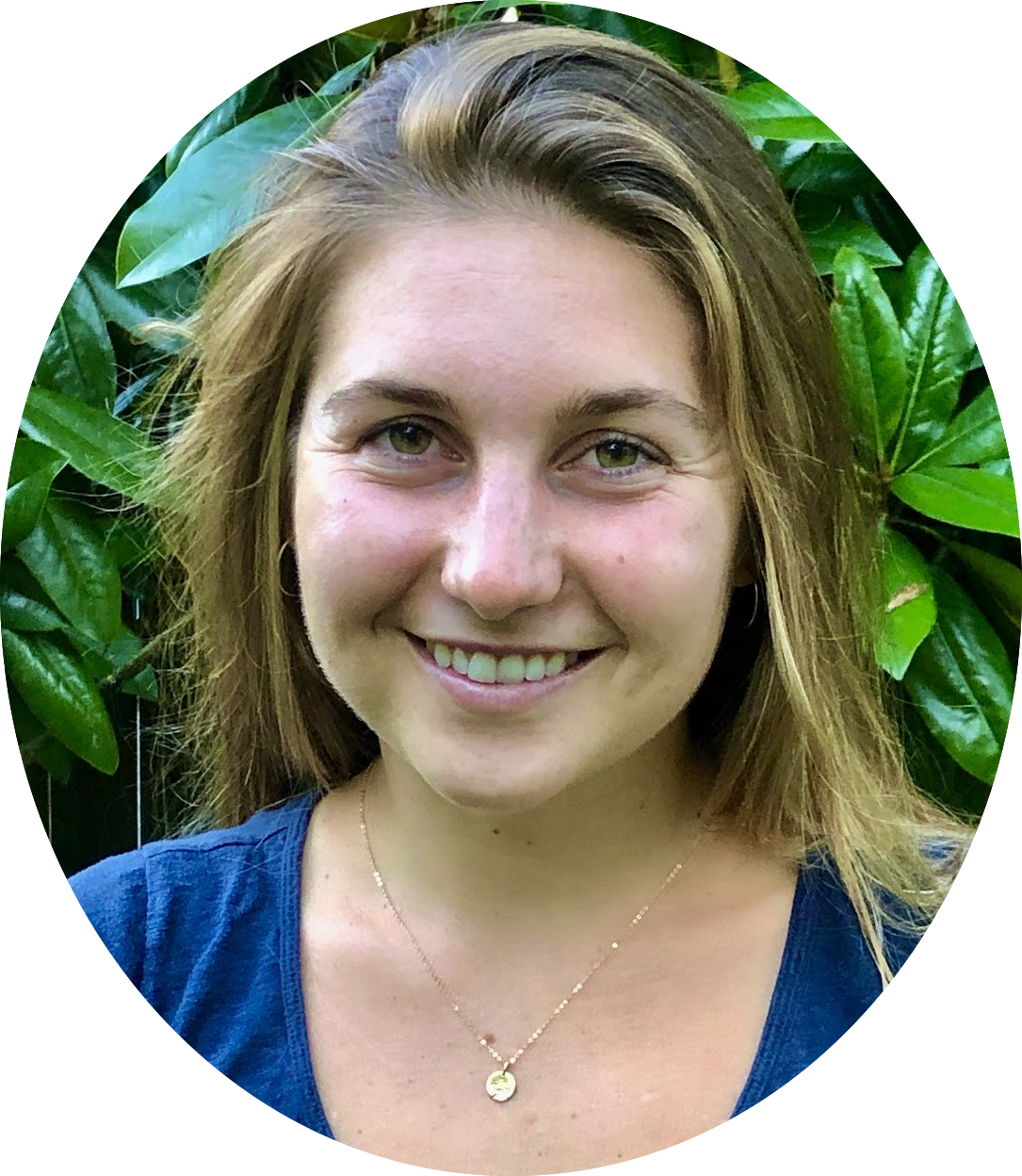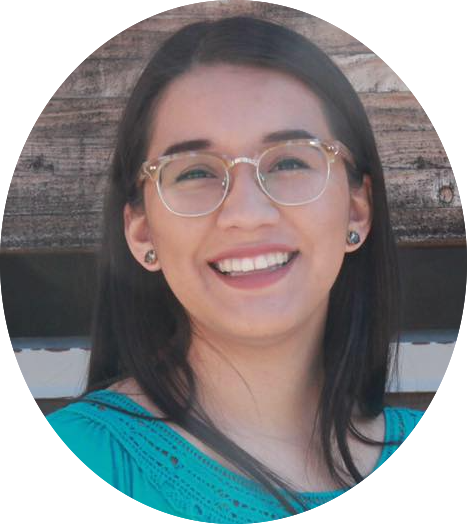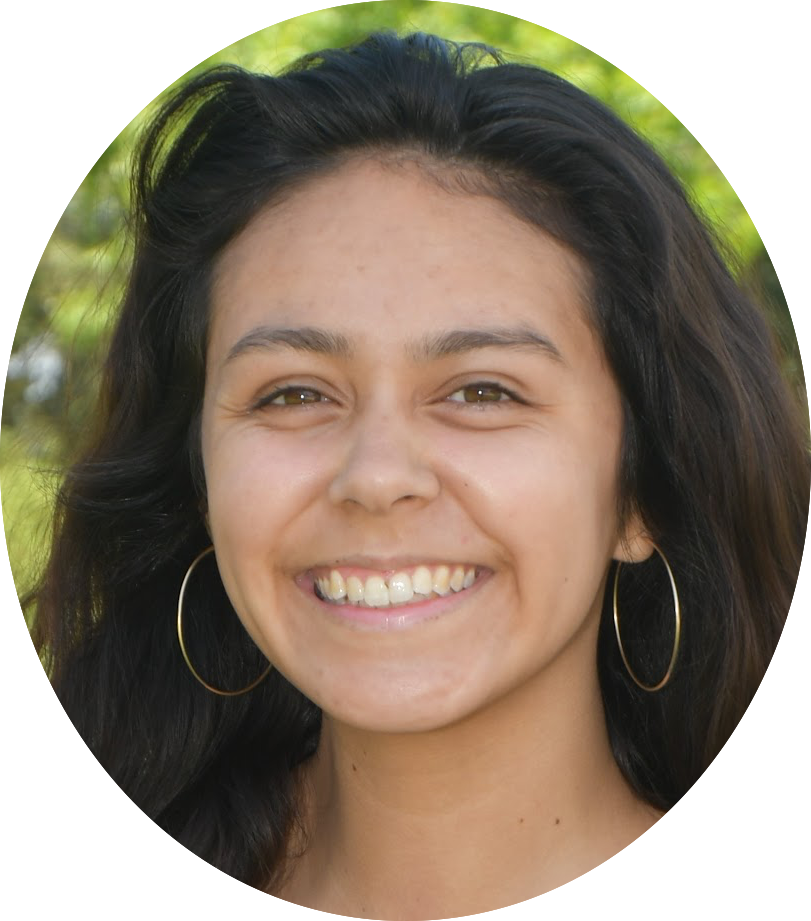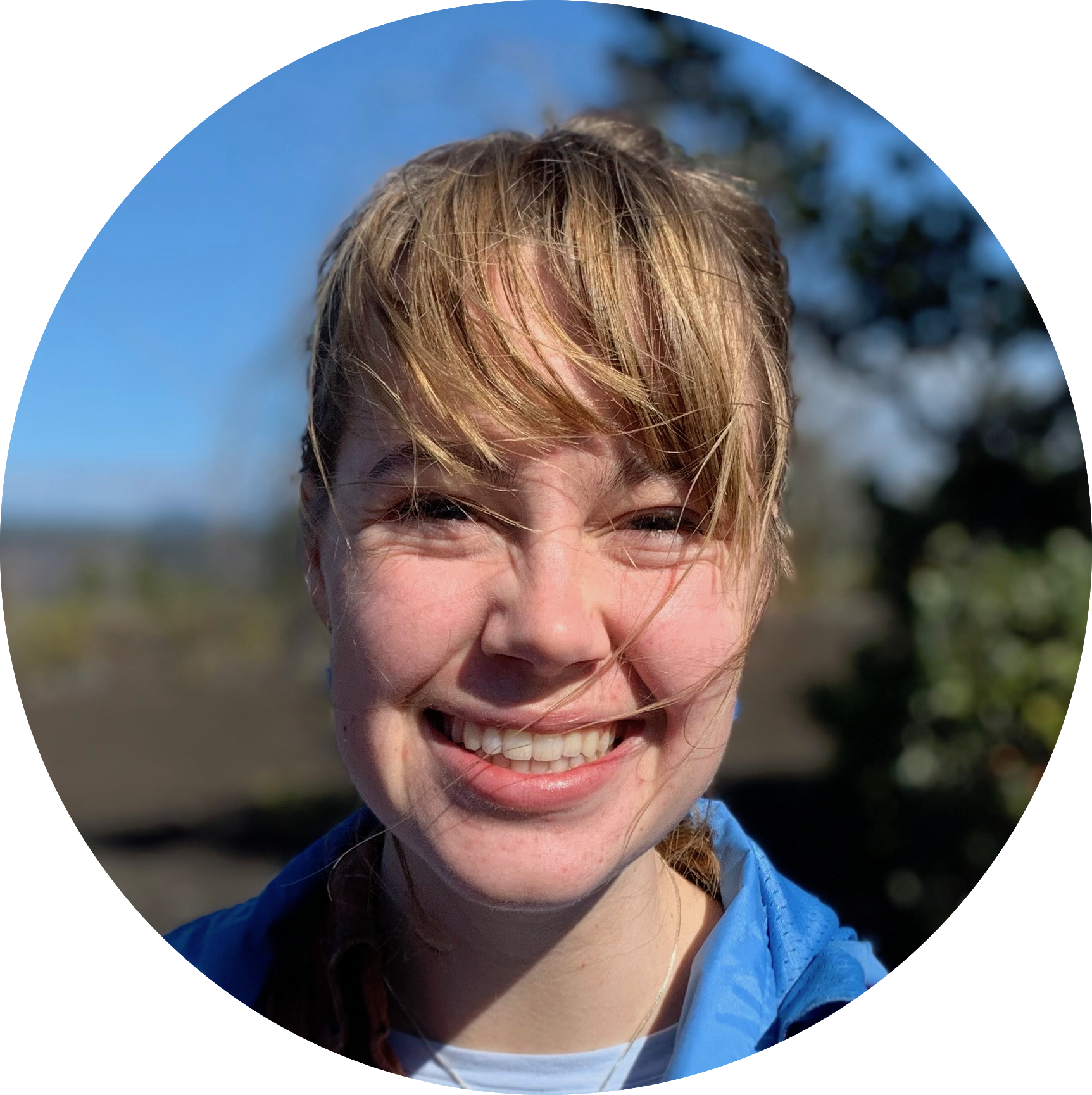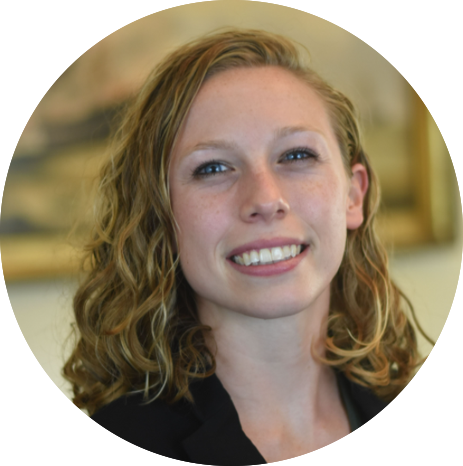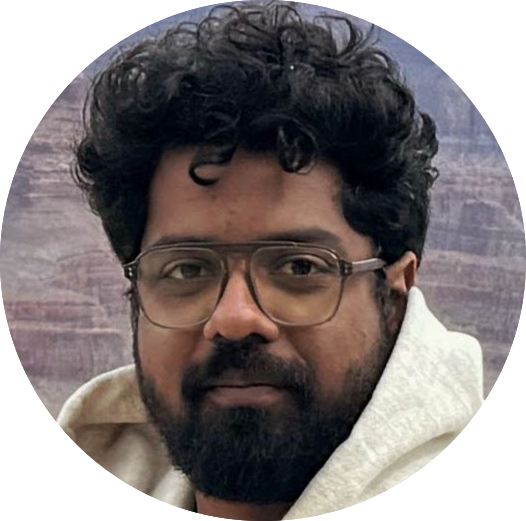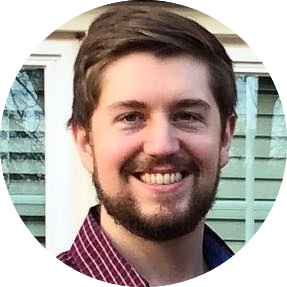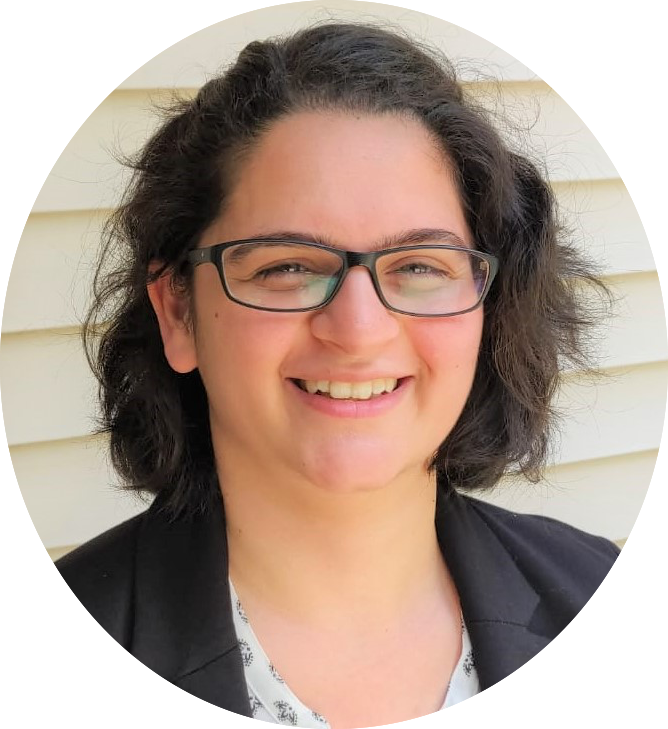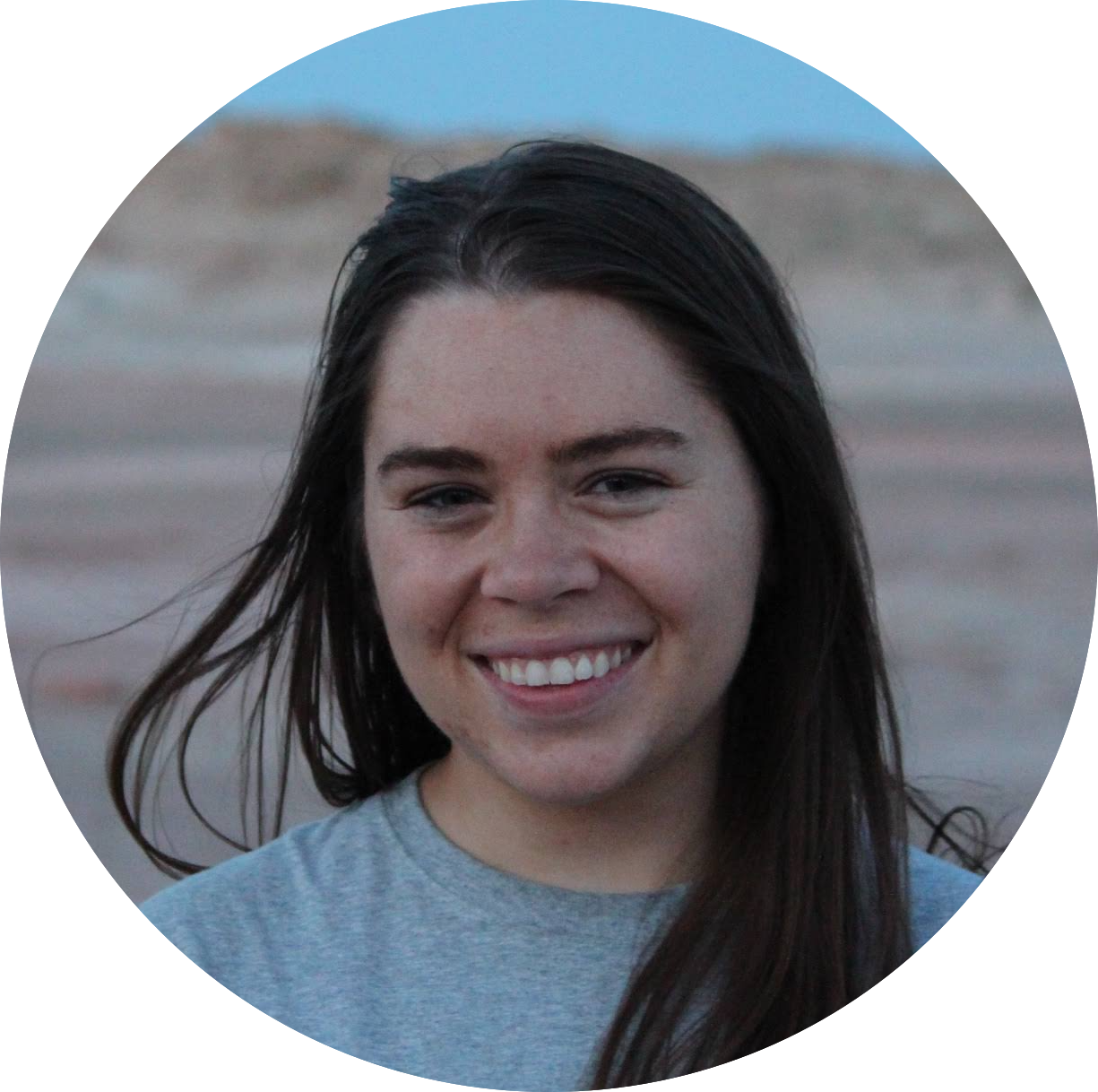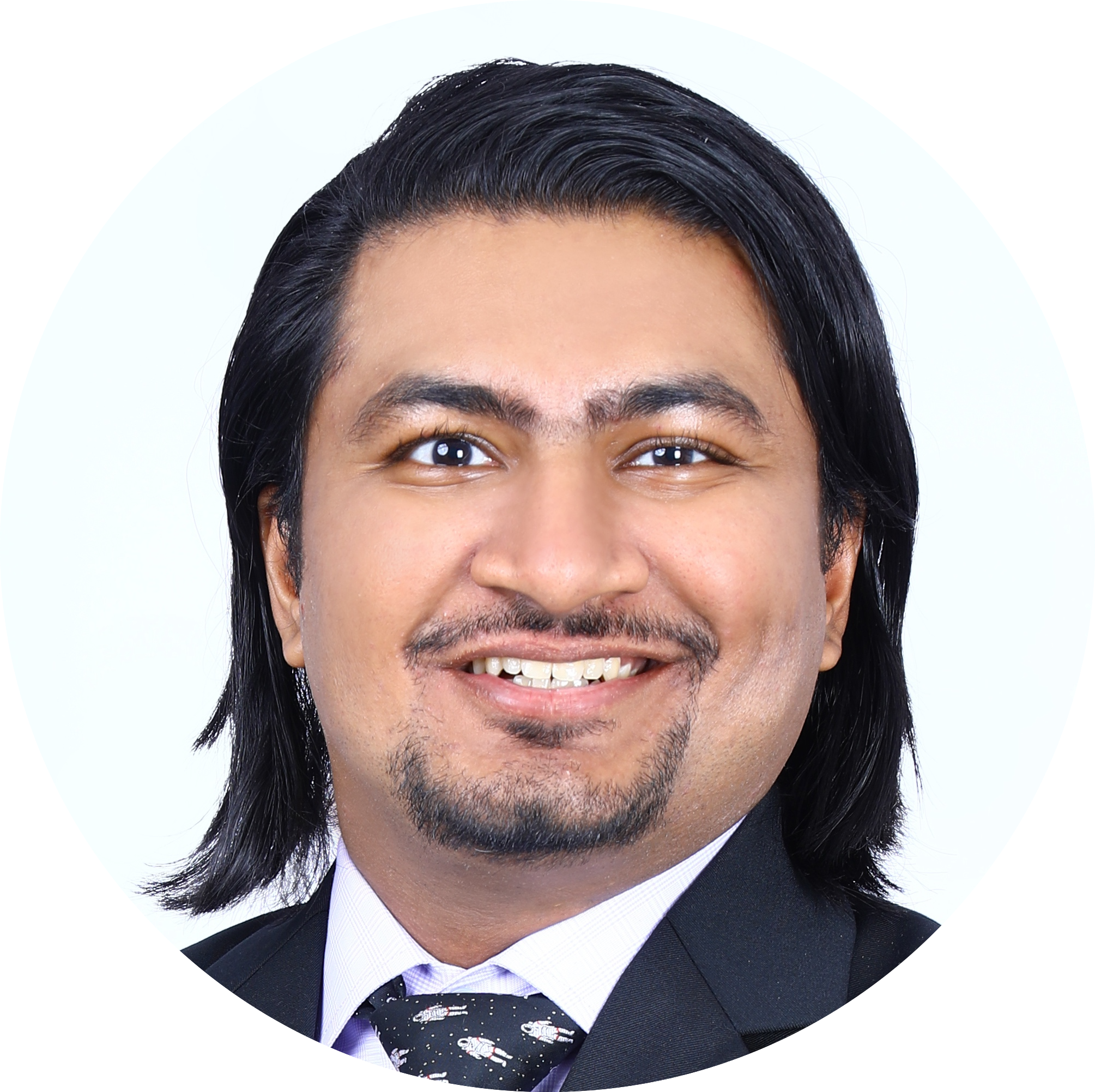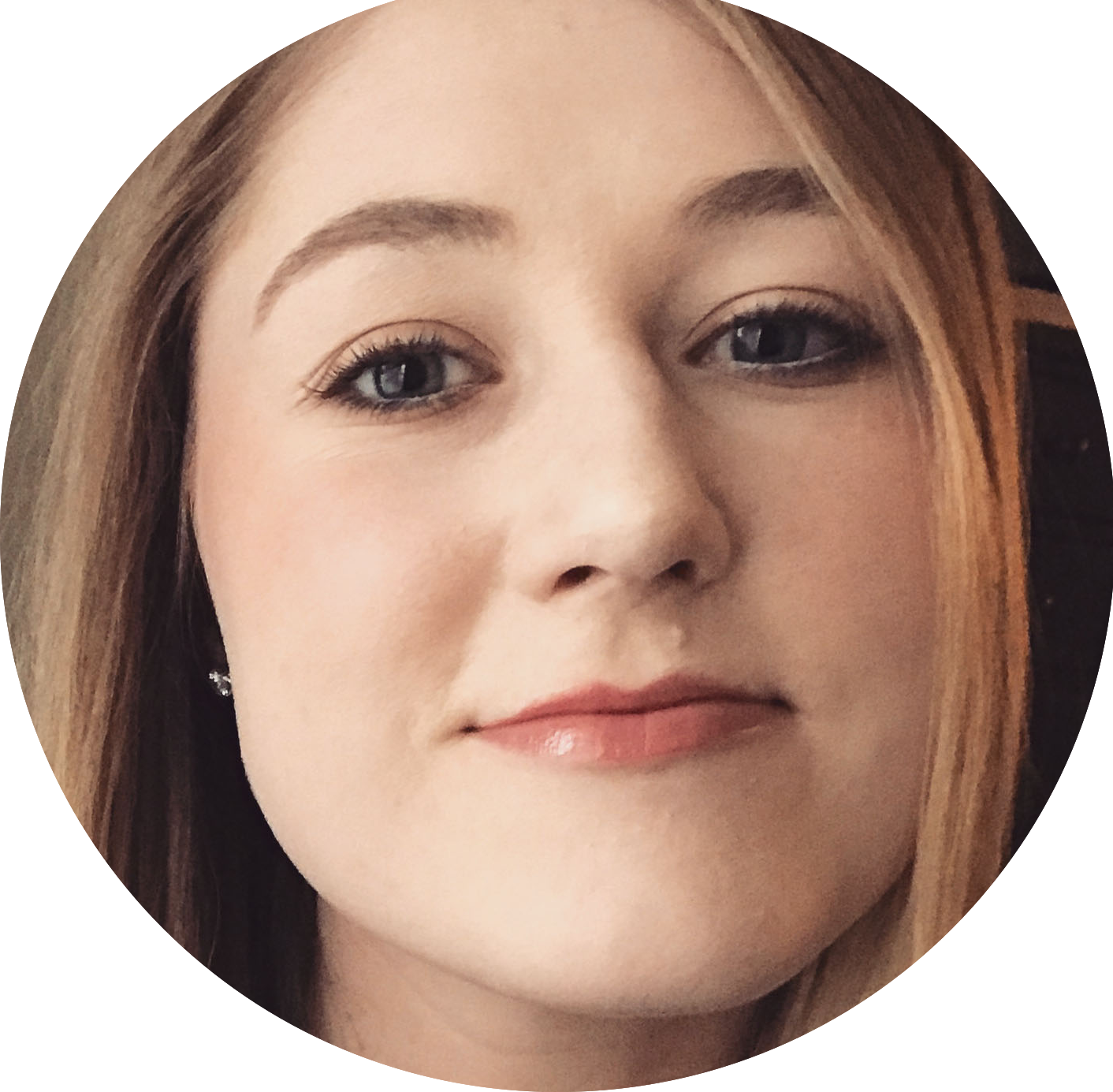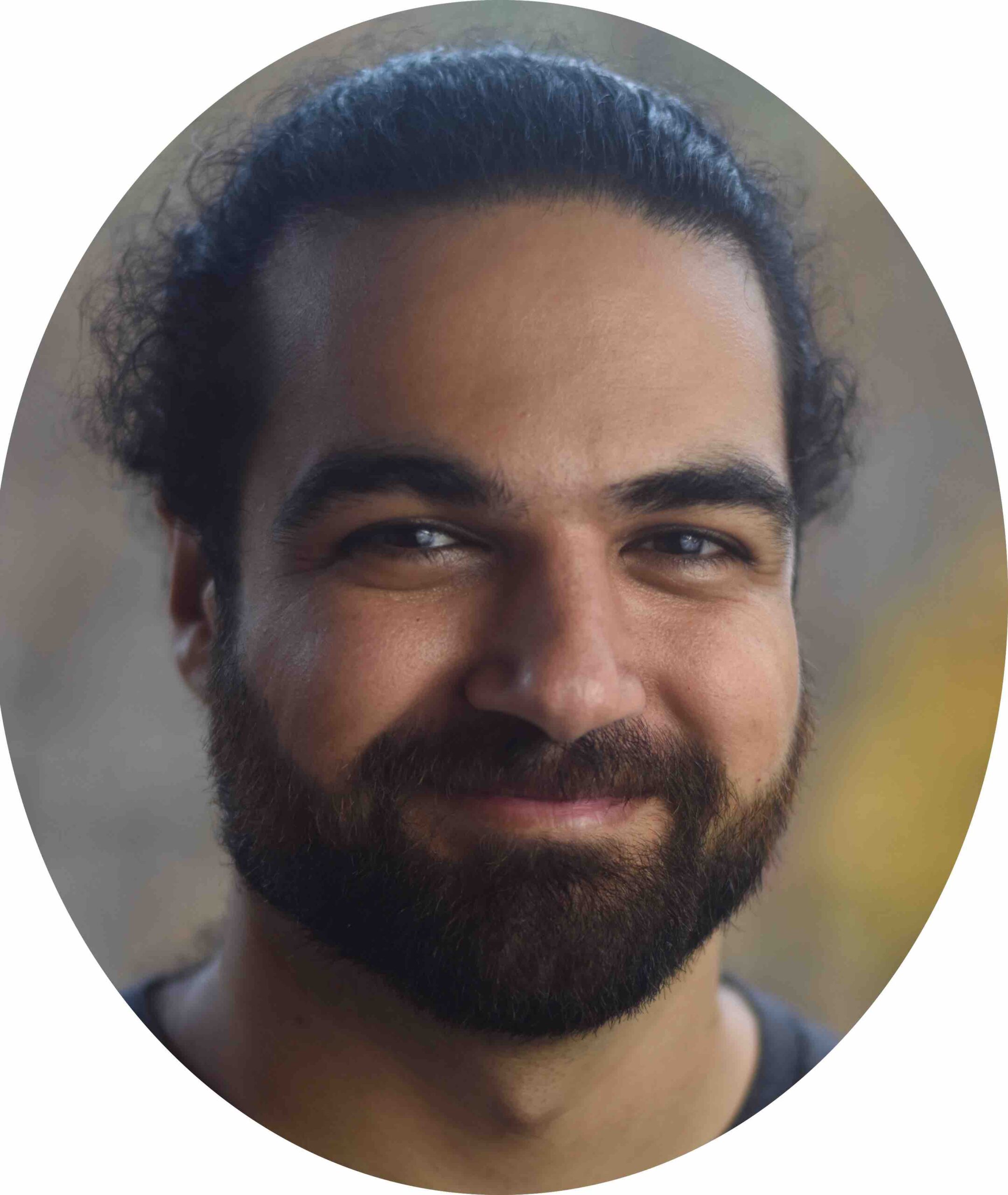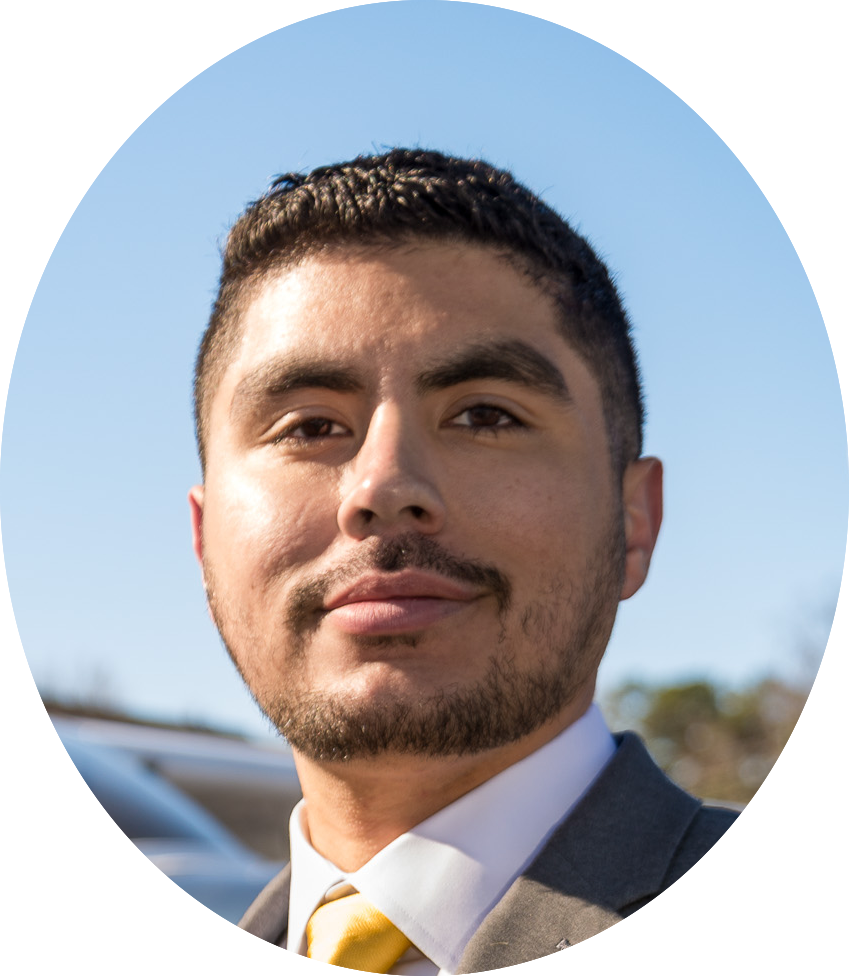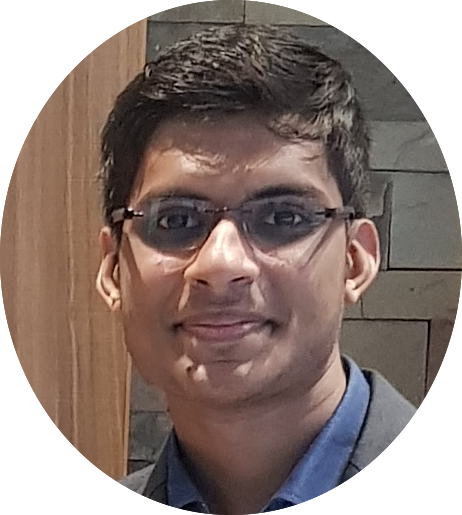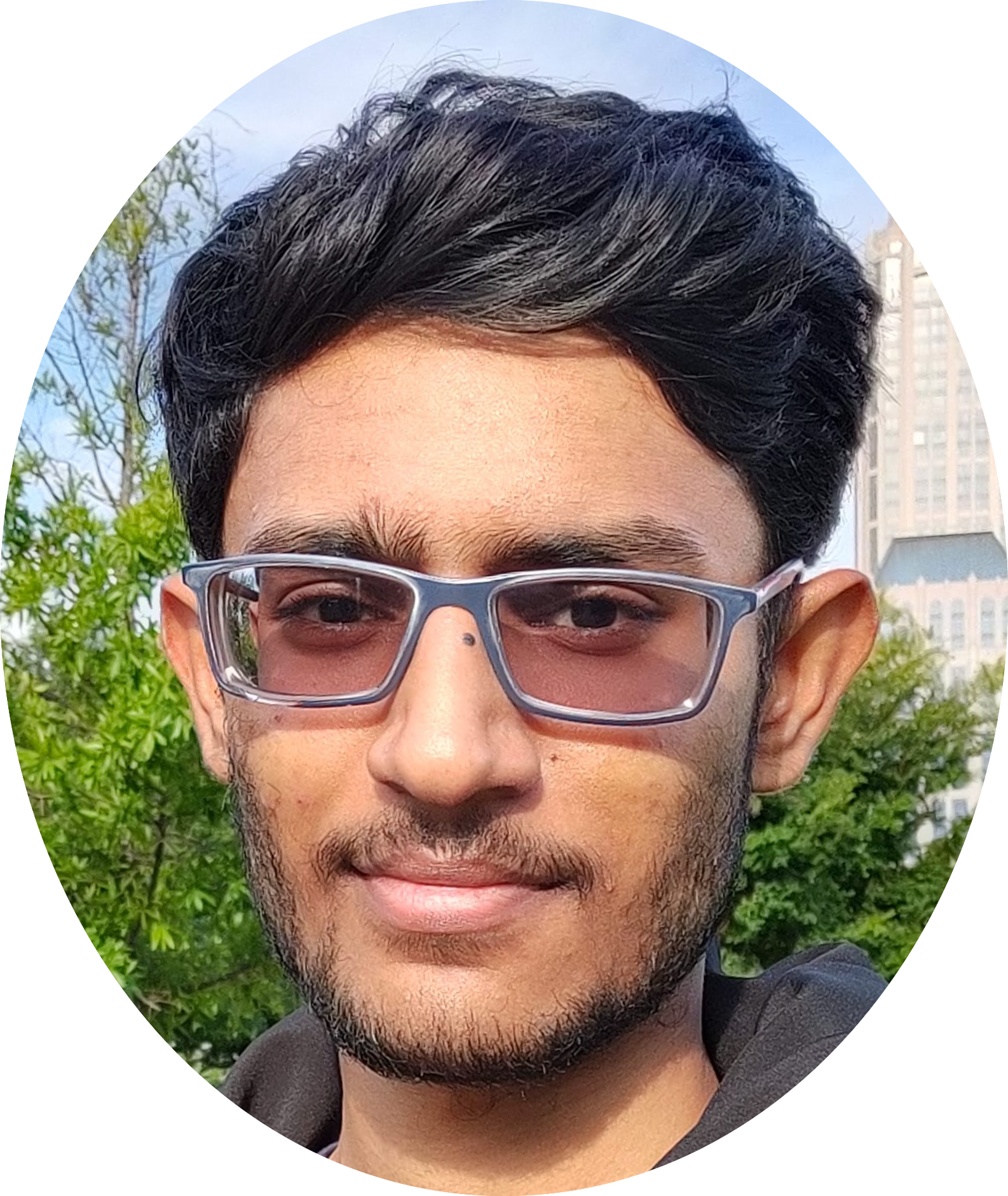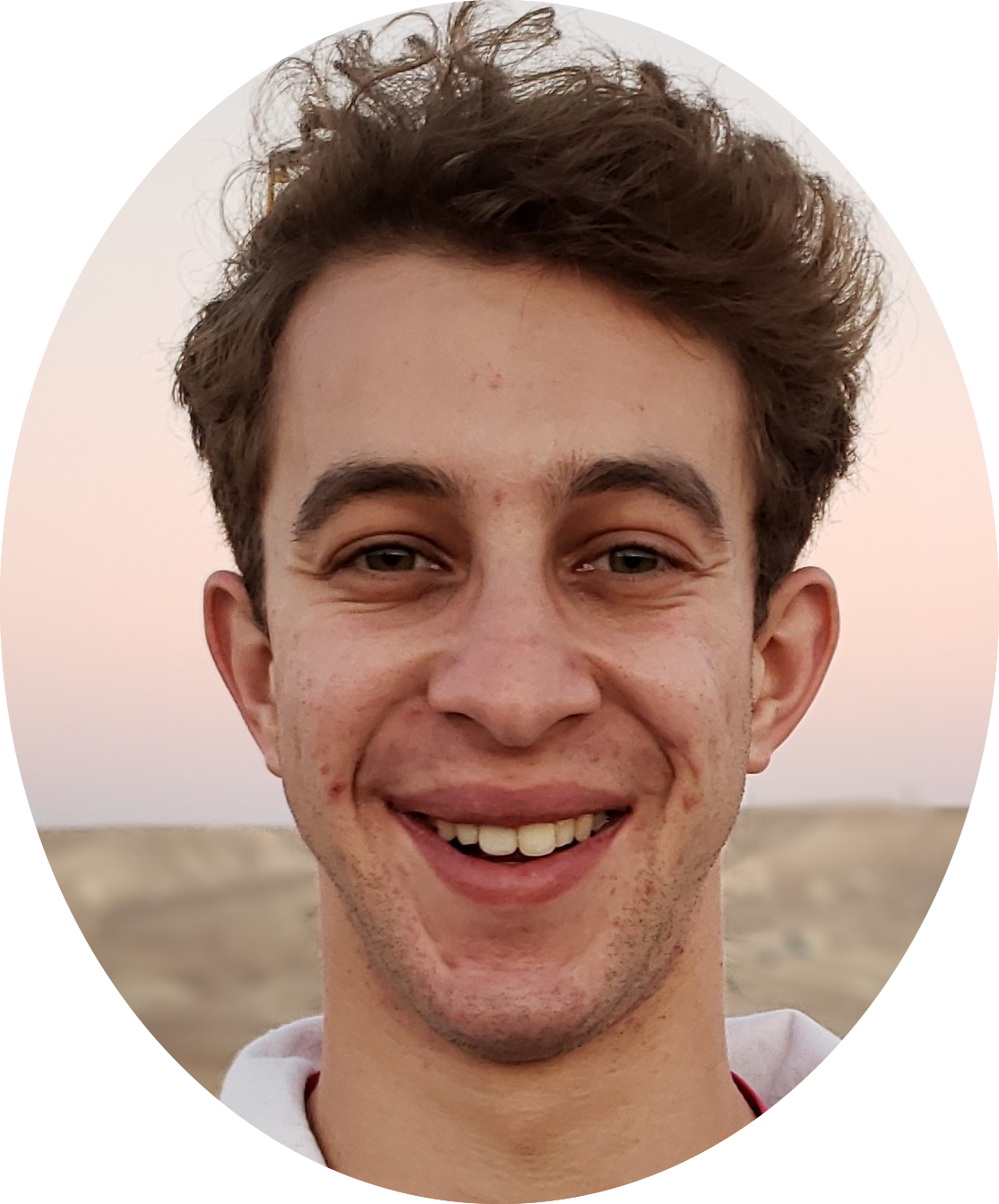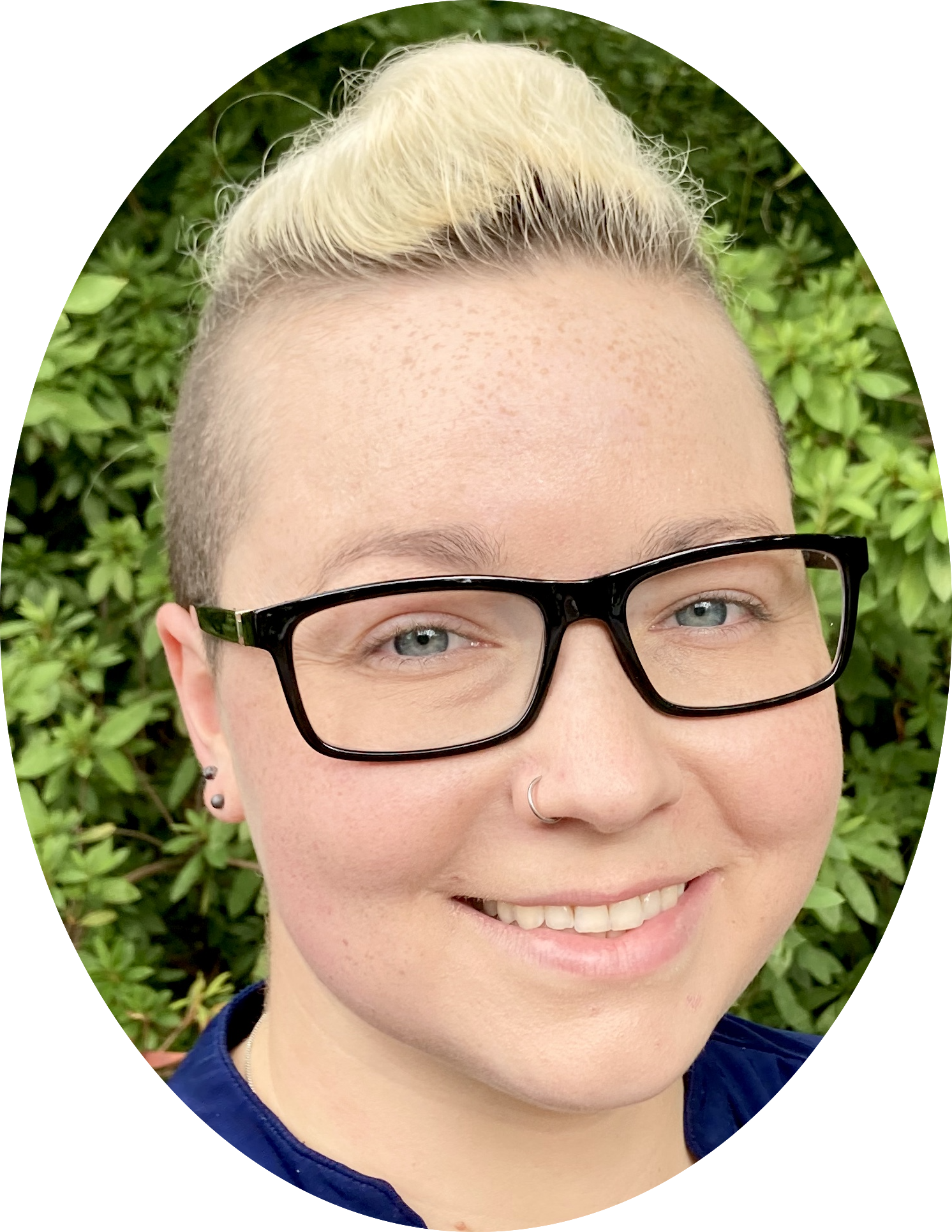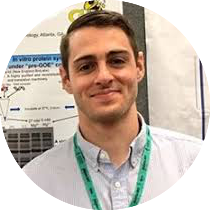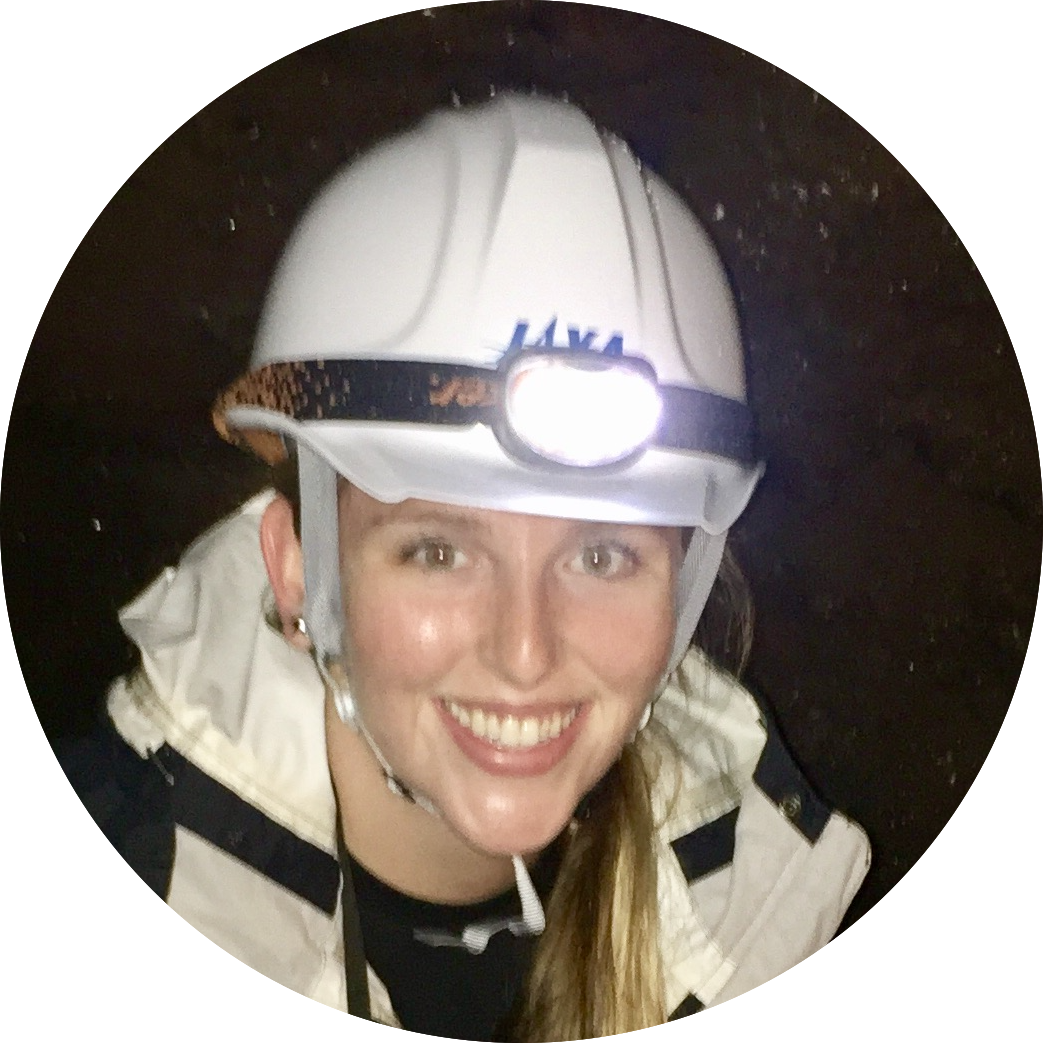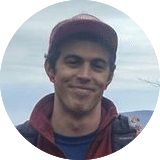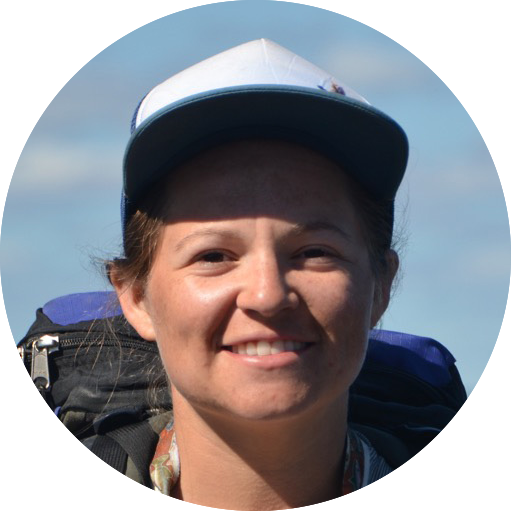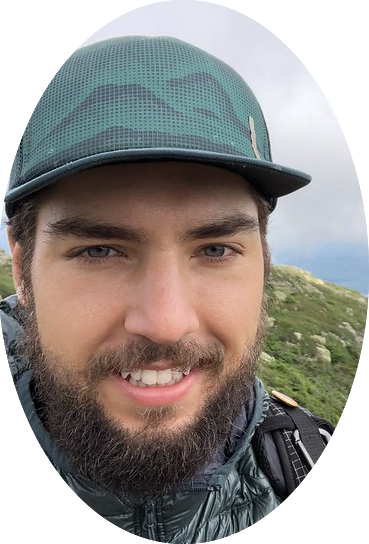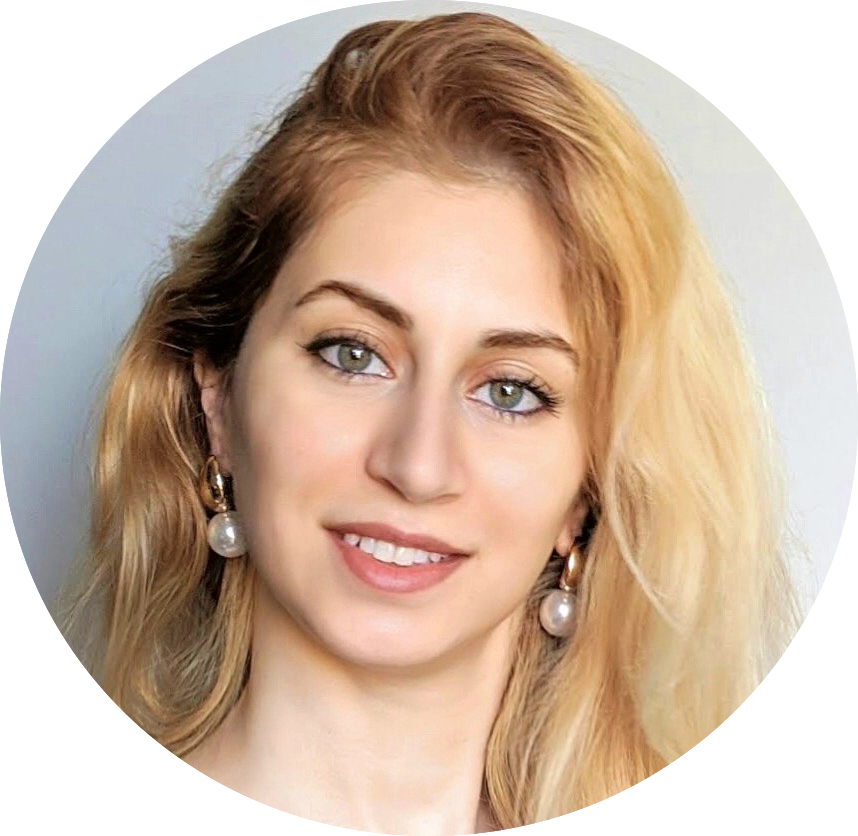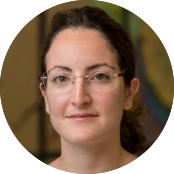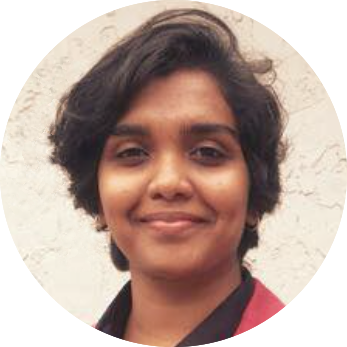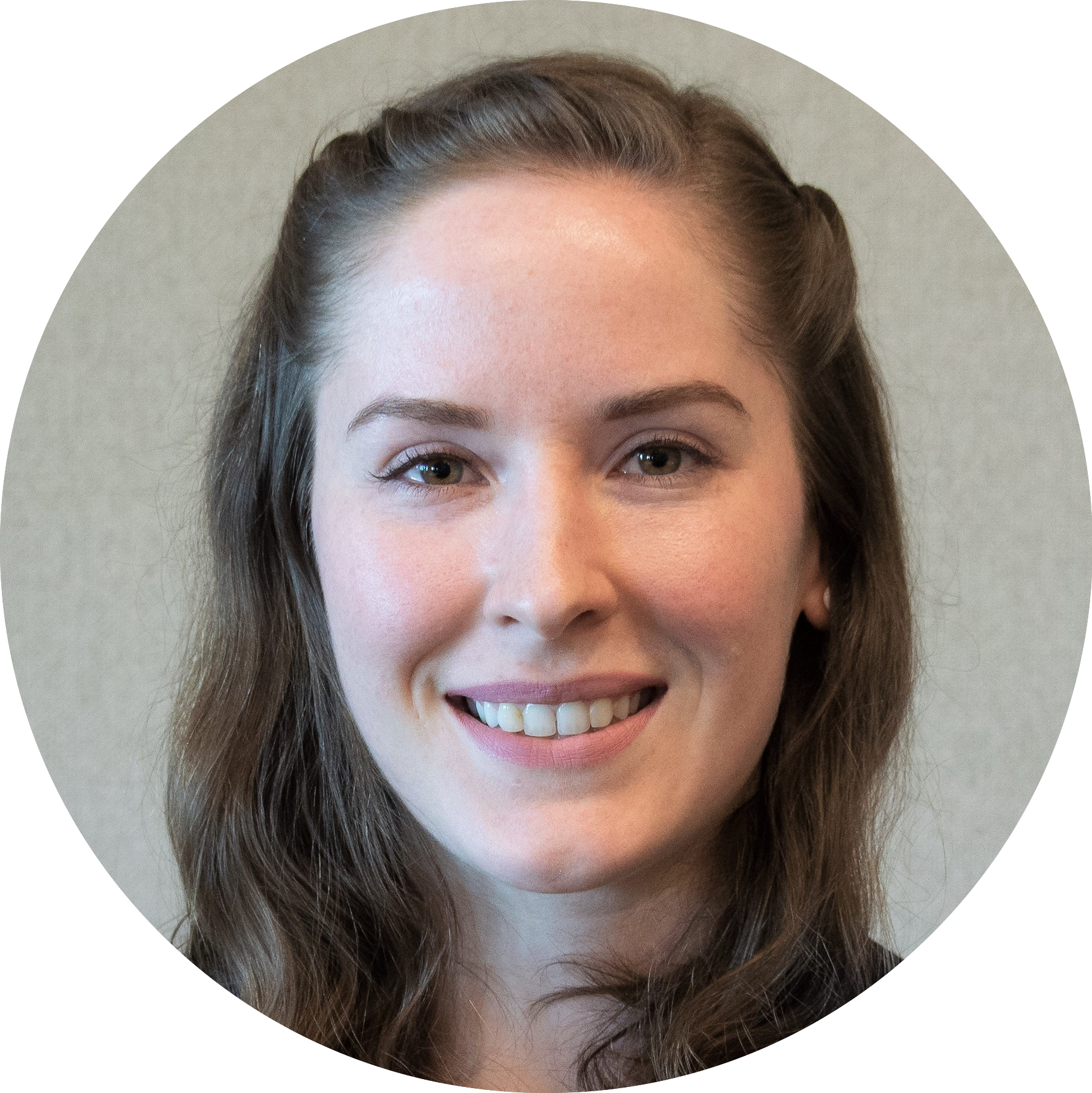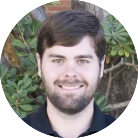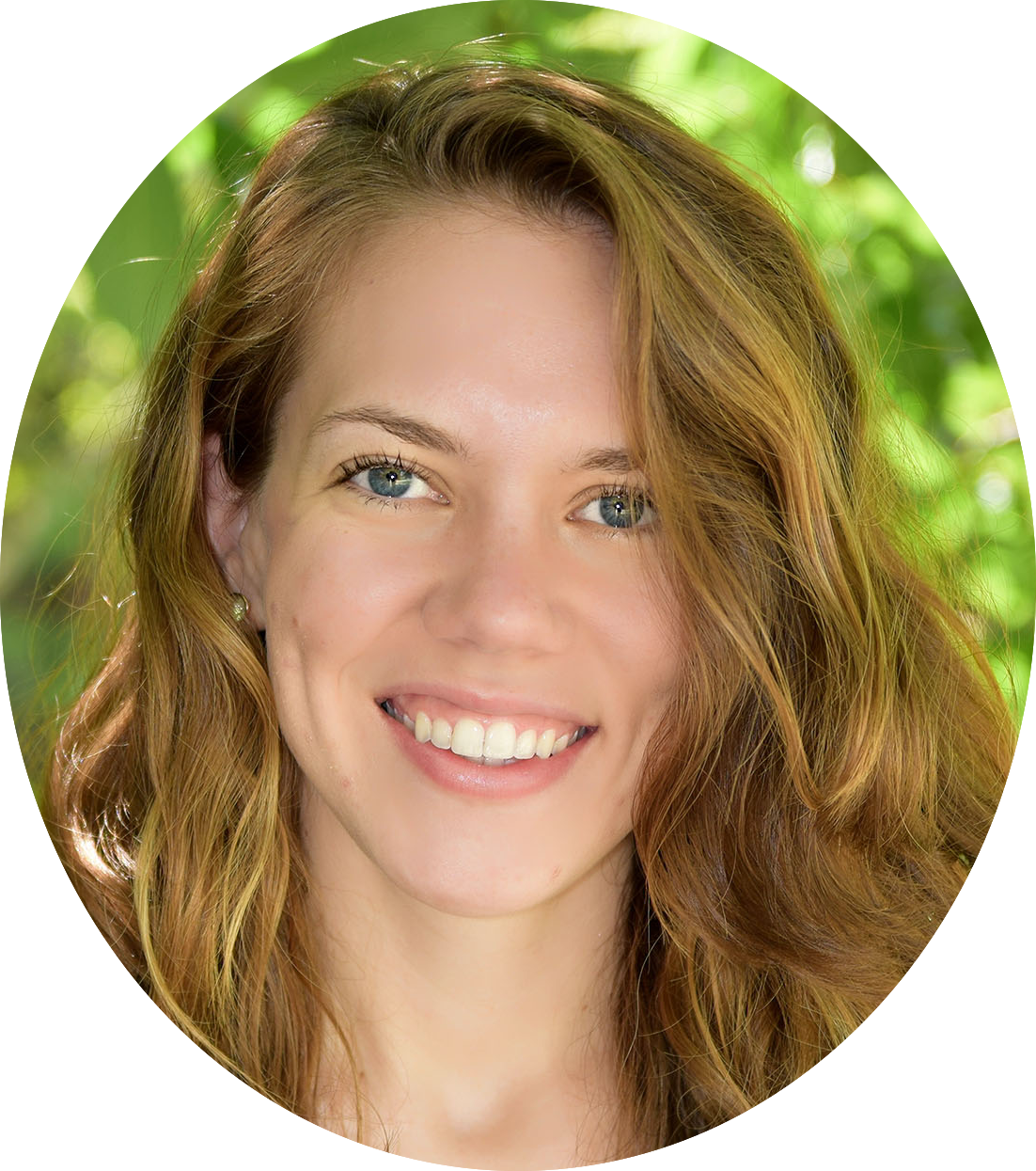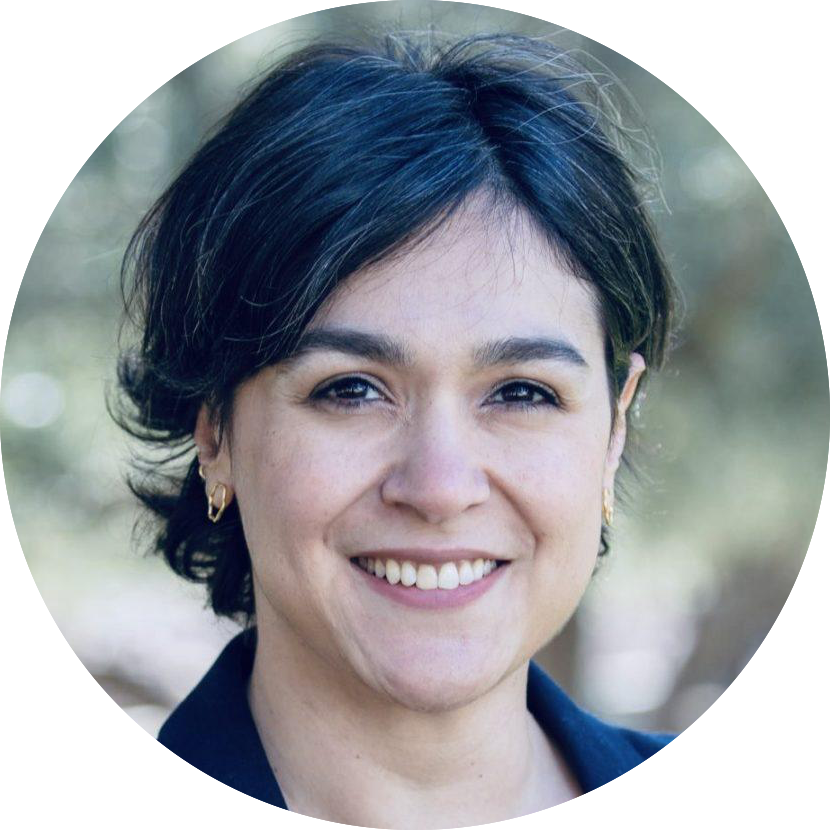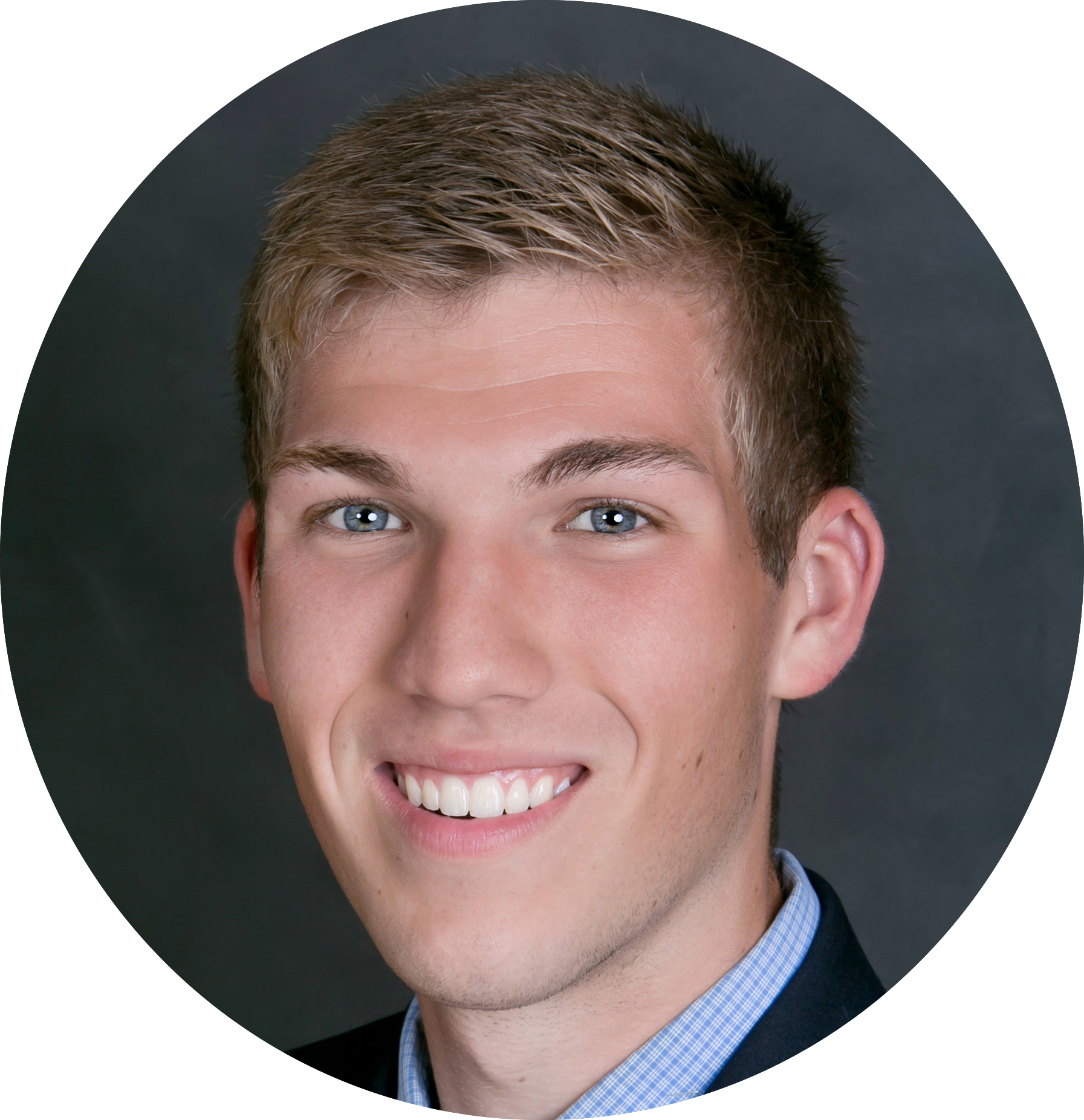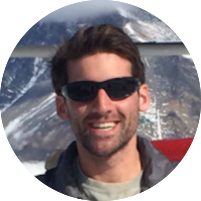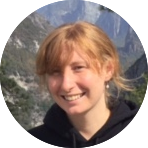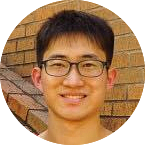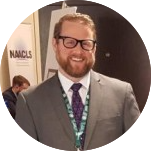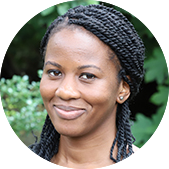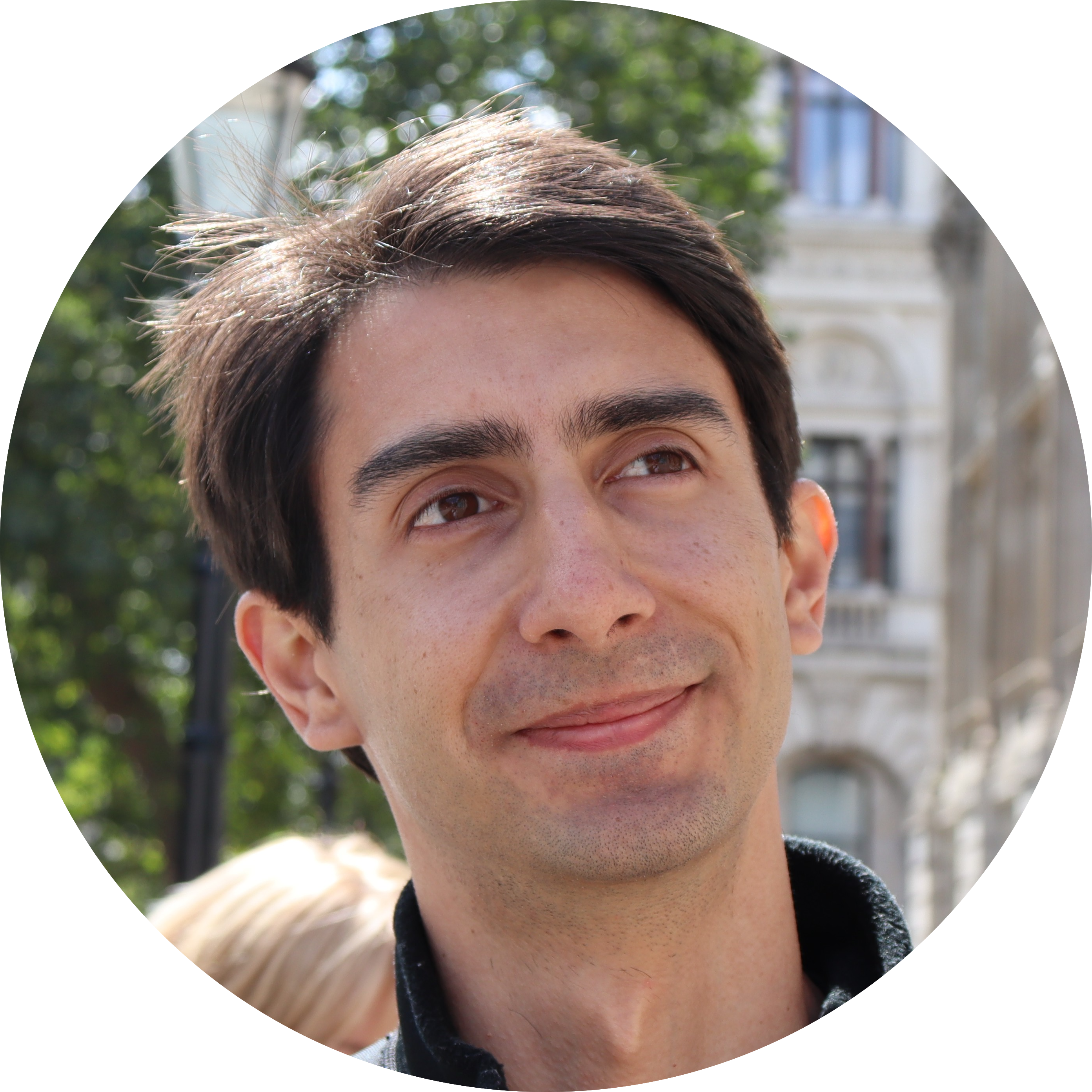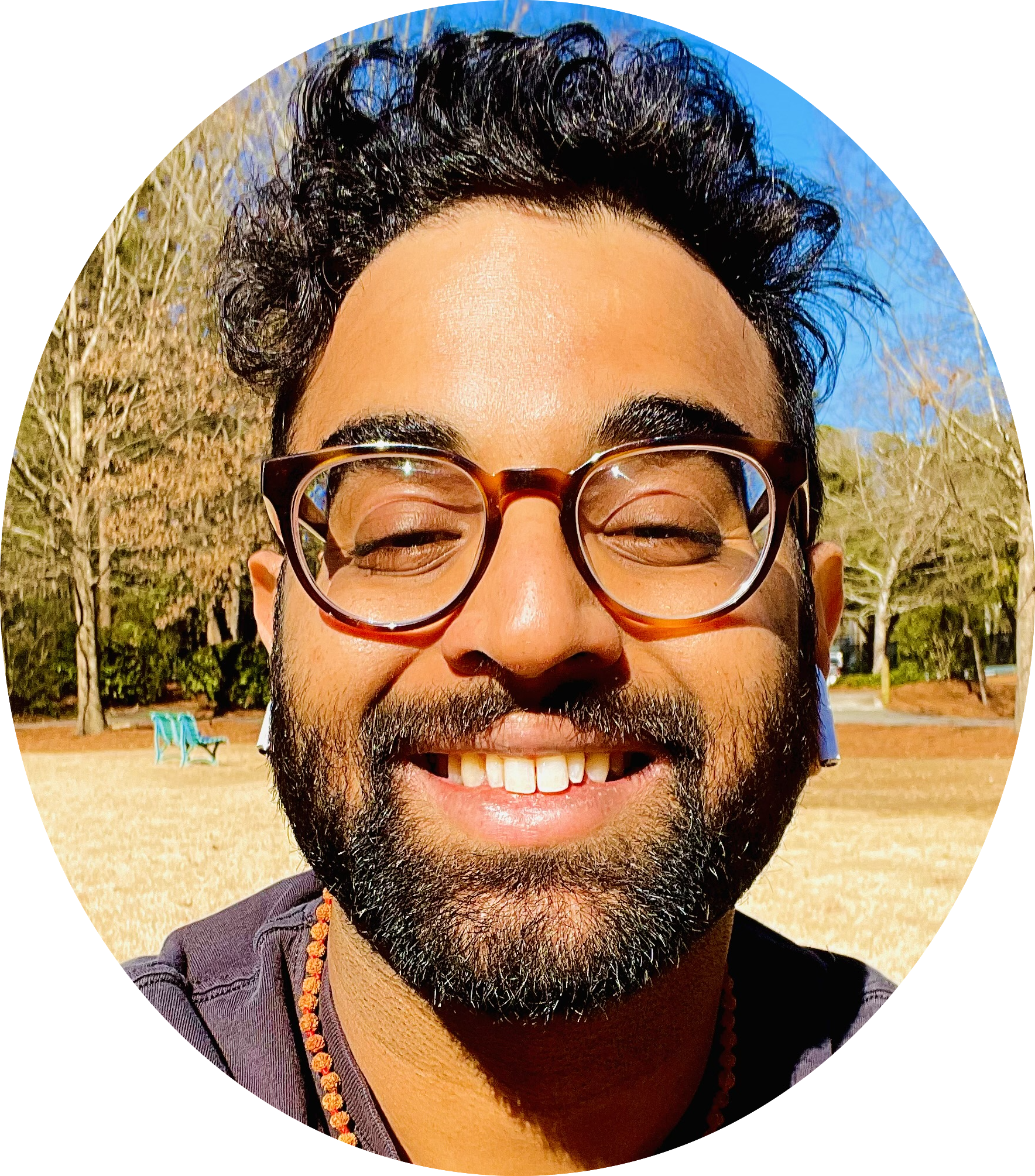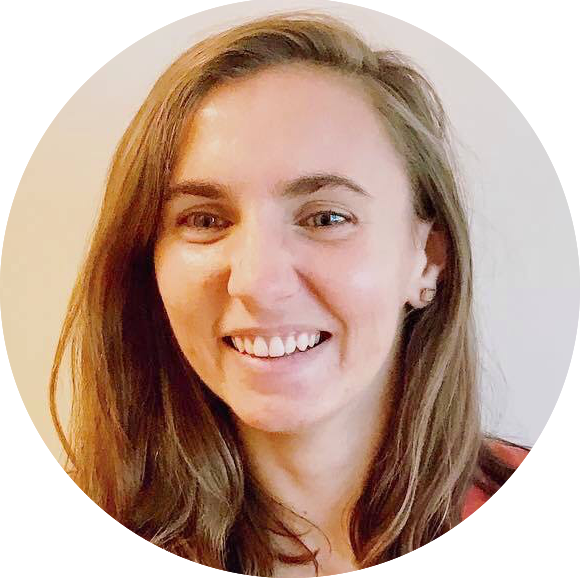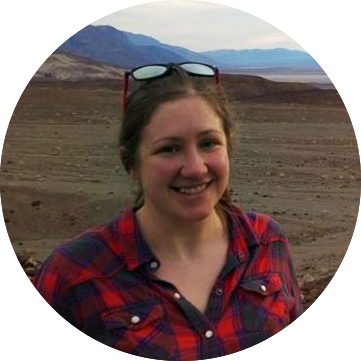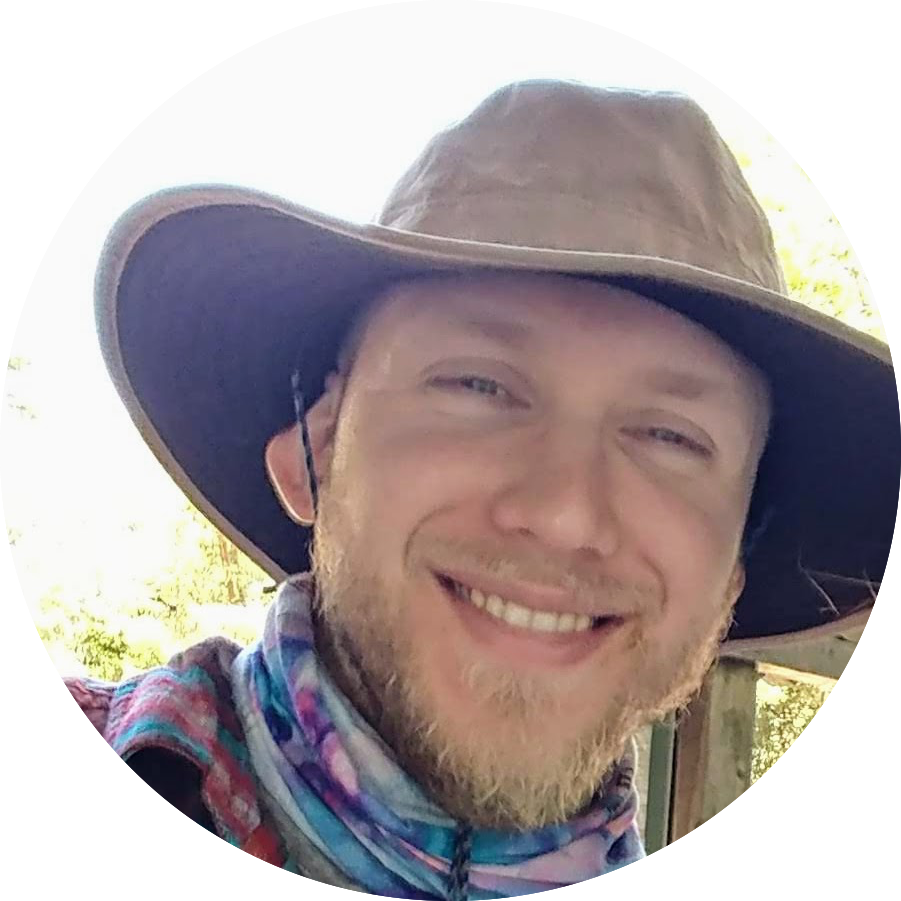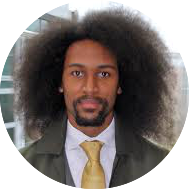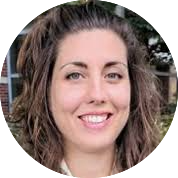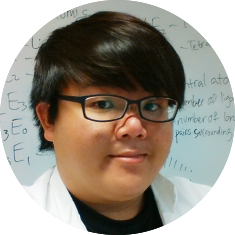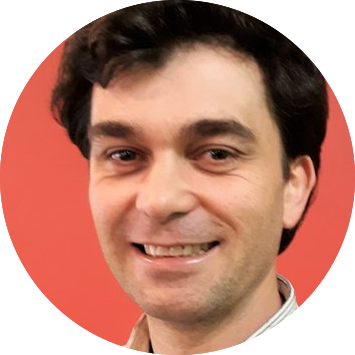Astrobiology Faculty
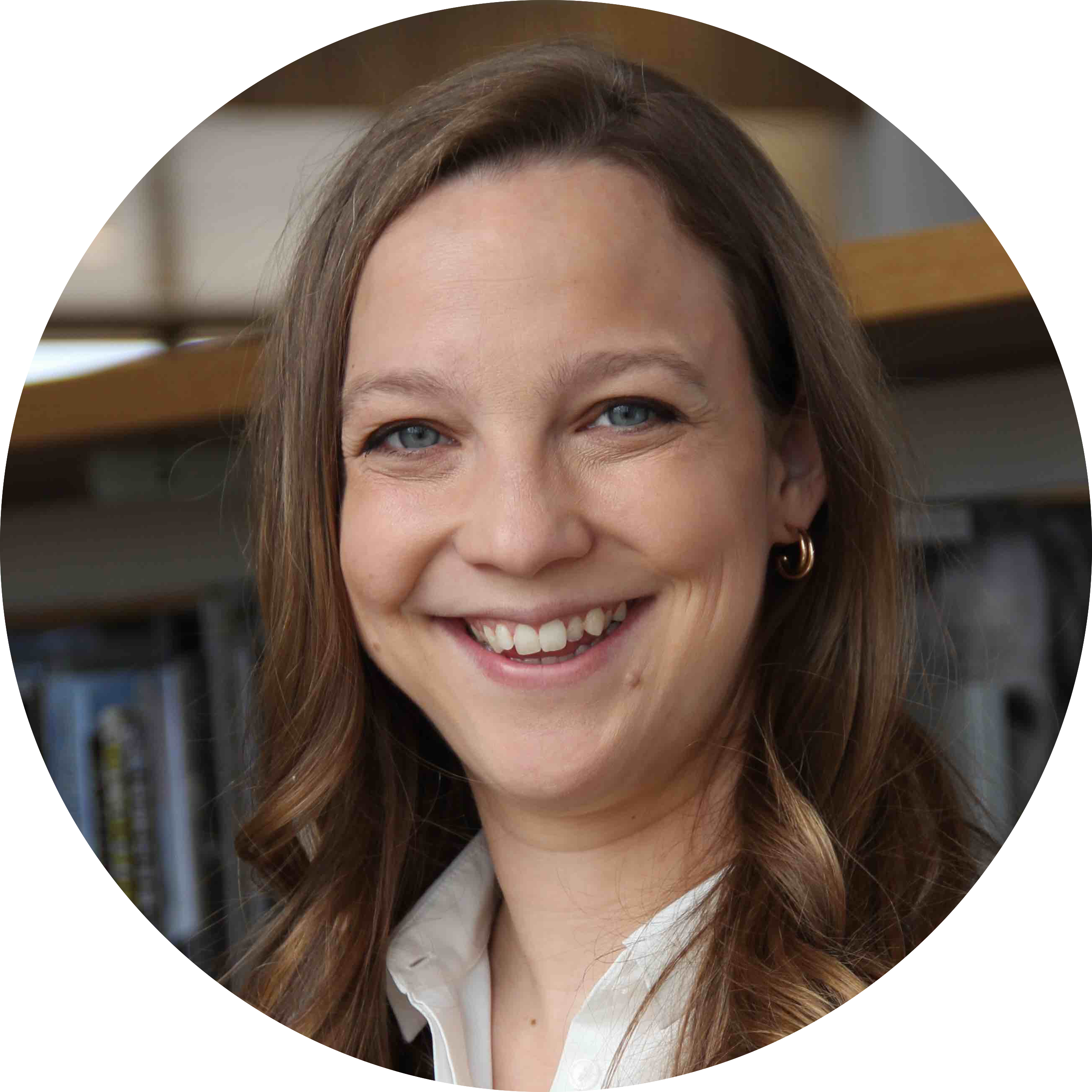
Mariel Borowitz
International Affairs
Mariel Borowitz is an Associate Professor in the Sam Nunn School of International Affairs. Her research deals with international space policy issues, including international cooperation in Earth observing satellites and satellite data sharing policies. She also focuses on strategy and developments in space security and space situational awareness. She has a Bachelor of Science degree in Aerospace Engineering from the Massachusetts Institute of Technology, a Masters degree in International Science and Technology Policy from the George Washington University, and a PhD in Public Policy from the University of Maryland. Dr. Borowitz completed a detail as a policy analyst for the Science Mission Directorate at NASA Headquarters in Washington, DC from 2016 to 2018. Her book, “Open Space: The Global Effort for Open Access to Environmental Satellite Data,” was published by MIT Press in 2017.
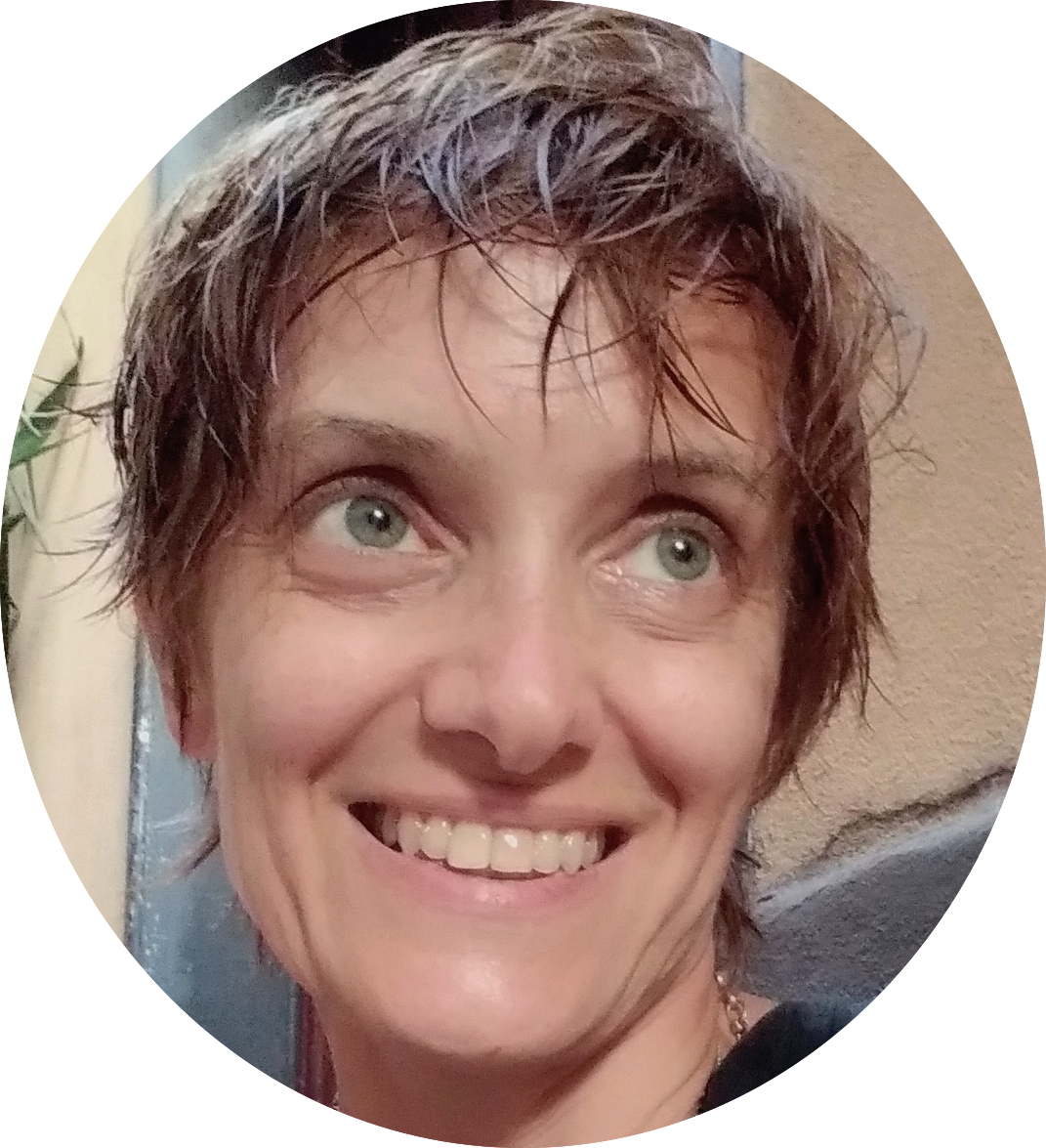
Annalisa Bracco
Earth & AtmosPHERIC Sciences
Annalisa Bracco is a Professor in the School of Earth and Atmospheric Sciences. She earned a Bachelors in Physics from University of Torino. Following a master’s thesis on galaxy formation, she began her PhD studying planet formation, and then moved to oceanography, earning a PhD in Geophysics and Oceanography from the University of Genova in 2000. Since 2007, her research group at Georgia Tech has worked on ocean mixing and its role in shaping ecosystems, climate variability, and change. She reentered space science research in 2017 at a Juno mission meeting. Her astrobiology interests are focused on fluid dynamics and pattern formation on Jupiter.
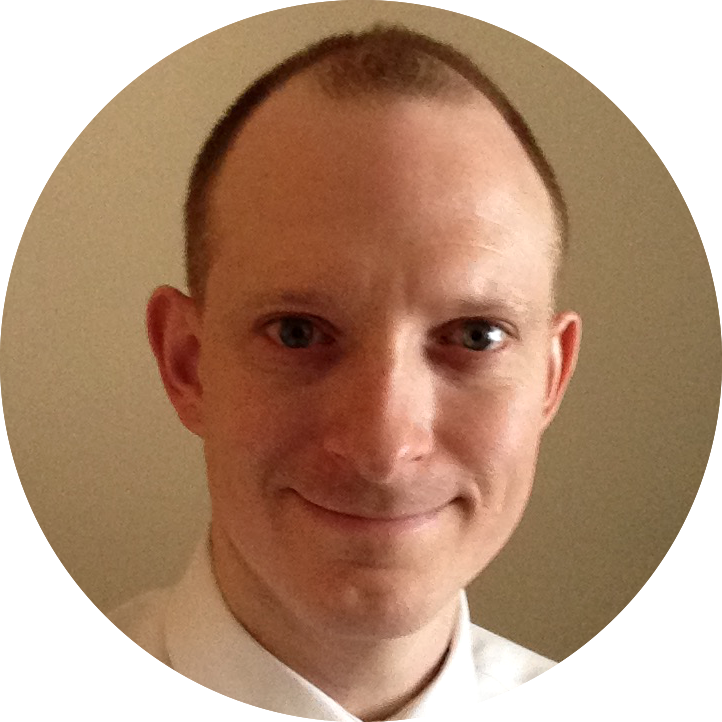
Christopher Carr
Aerospace Engineering &
Earth Atmos Sciences
Christopher Carr is an Assistant Professor with a joint appointment in the Daniel Guggenheim School of Aerospace Engineering and School of Earth and Atmospheric Sciences and co-direcotor of the GT Astrobiology Program. He is an engineer/scientist with training in aero/astro and electrical engineering, medical physics, and molecular biology. His lab applies single molecule detection technologies to instrument development for life detection beyond Earth. He was previously a Research Scientist at MIT in the Department of Earth, Atmospheric and Planetary Sciences, a Research Fellow at the Massachusetts General Hospital in the Department of Molecular Biology, and a Scott M. Johnson Fellow in the U.S. Japan Leadership Program.
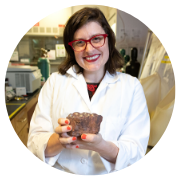
Jennifer Glass
Earth & AtmosPHERIC Sciences
Jennifer Glass is a Jean “Chris” Purvis Professor in the School of Earth and Atmospheric Sciences. She earned Bachelors degrees in Earth Sciences and Oceanography from the University of Washington, and a PhD in Geological Sciences from Arizona State University. She was a NASA Astrobiology Postdoctoral Fellow at Caltech from 2011-2013. She joined Georgia Tech as a faculty member in 2013. Her group studies the methane cycle, the nitrogen cycle, and the role of microbial metalloenzymes in biogeochemical cycles. She was co-director of the GT Astrobiology Program from 2019-2023. She served on the NASA Planetary Science Advisory Council (PAC) from 2020-2023. She is the founder and co-director of the GT Astrobiology Graduate Certificate Program and GT Undergraduate Astrobiology Minor Program, and Associate Chair of CSTAR.
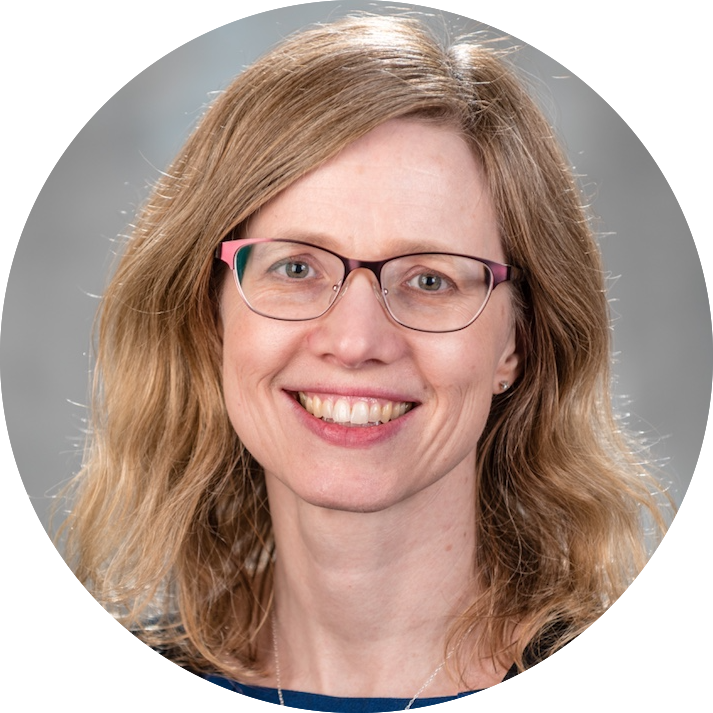
Martha Grover
Chemical & Biomolecular
Engineering
Martha Grover is a Professor in the School of Chemical & Biomolecular Engineering and ChBE’s Associate Chair for Graduate Studies. She earned a Bachelors in Mechanical Engineering from the University of Illinois at Urbana-Champaign, and a MS and PhD in Mechanical Engineering from Caltech. She joined Georgia Tech as a faculty member in 2003. She is a member of the NSF/NASA Center for Chemical Evolution, and its faculty lead for education, outreach, and diversity.
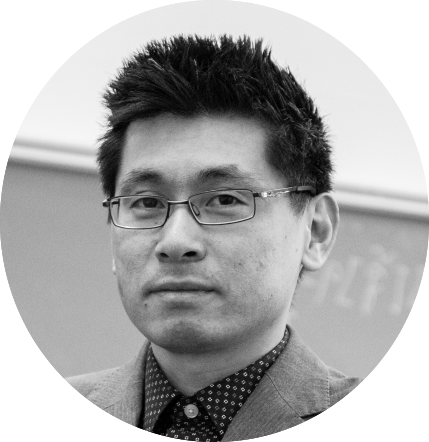
Masatoshi (Toshi) Hirabayashi
Aerospace Engineering
Masatoshi (Toshi) Hirabayashi is an Assistant Professor in the Daniel Guggenheim School of Aerospace Engineering with a Courtesy appointment in the School of Earth and Atmospheric Sciences. He studies the origin and evolution of small bodies, moons, and terrestrial bodies to explore planetary volatiles. His expertise includes astrodynamics, data processing, and high-performance computing. His academic efforts propel planetary science exploration missions. He has been part of NASA-led planetary exploration missions, including DART (the first full-scale planetary defense mission) and VIPER (lunar volatile exploration mission). He is also part of the past and ongoing missions led by JAXA and ESA, including IKAROS, Hayabusa2, Hayabusa2#, and Bepi-Colombo. 11471 Toshihirabayashi is named after him for his contribution to small-body research.
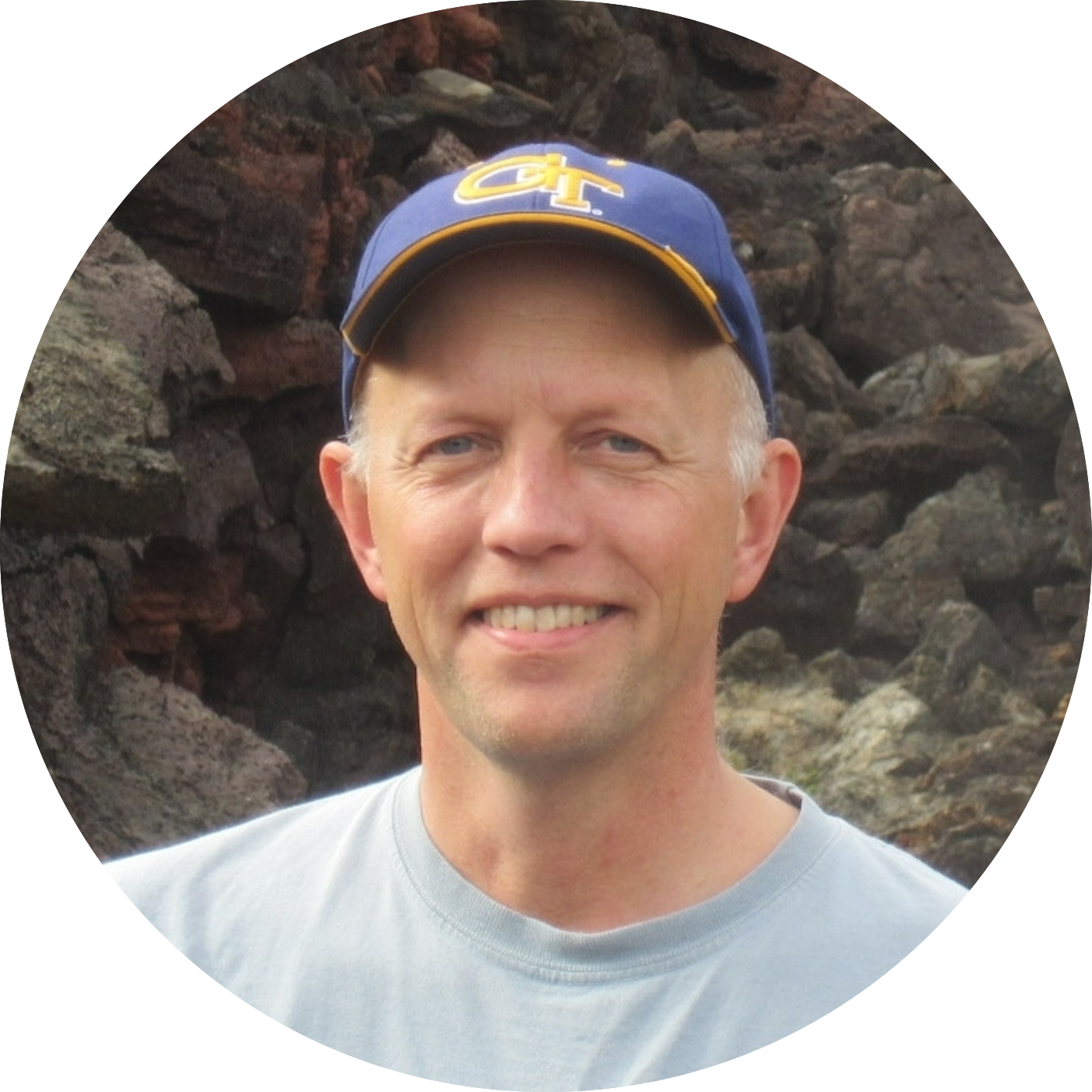
Nicholas Hud
Chemistry & biochemistry
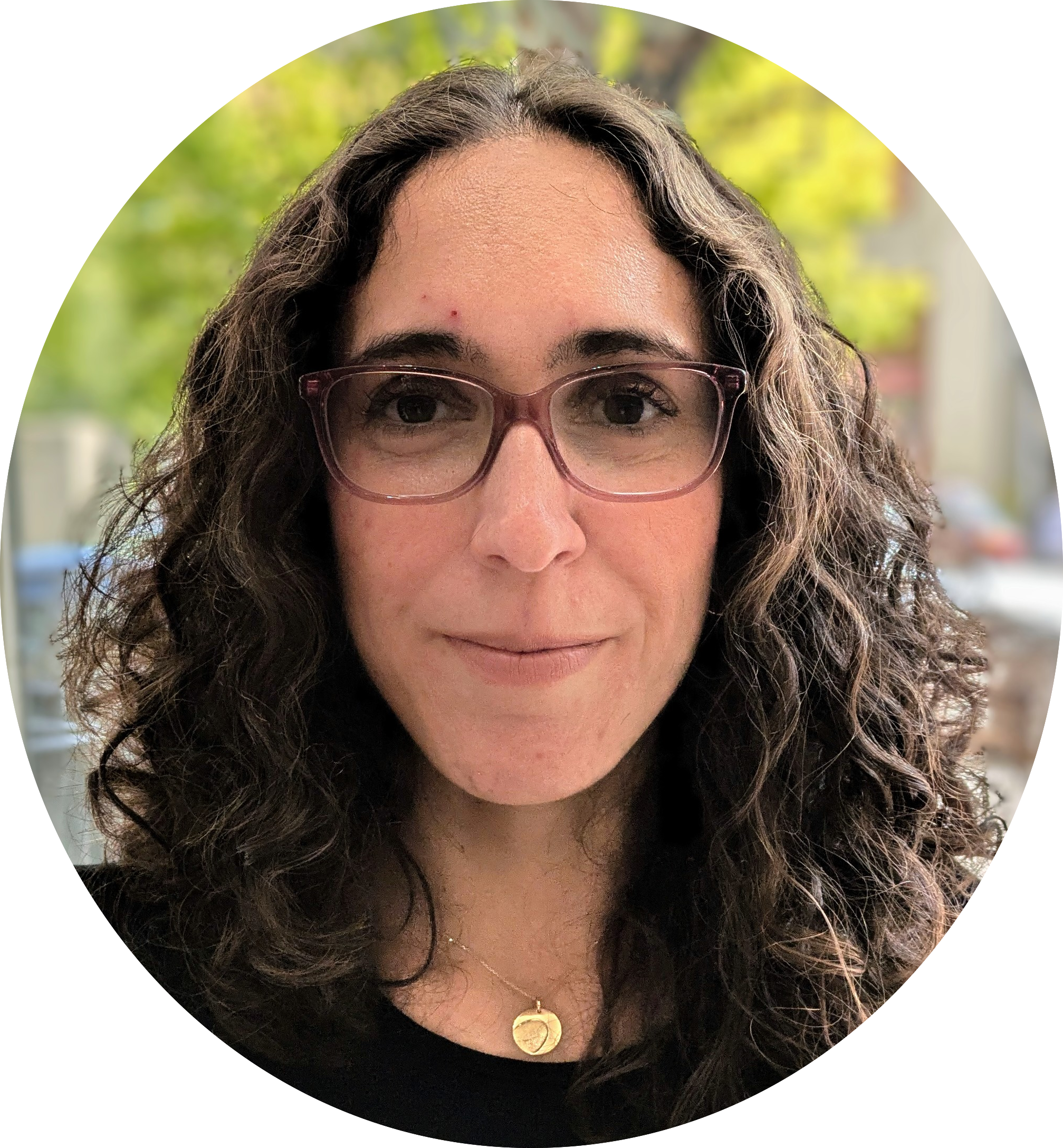
Lynn Kamerlin
CHEMISTRY & BIOCHEMISTRY

Margaret Kosal
International Affairs
Margaret Kosal is an Associate Professor in the Sam Nunn School of International Affairs and director of the Sam Nunn Security Program. She holds a bachelors degree in Chemistry from the University of Southern California and a PhD in Chemistry from the University of Illinois at Urbana-Champaign. Prior to joining the Georgia Tech faculty in 2008, she co-founded of a sensor company, served as Science and Technology Advisor in the Office of the Secretary of Defense, and as an Associate to the National Intelligence Council. From 2012-2013, she served as a Senior Advisor to the Chief of Staff of the U.S. Army. Her research explores the relationships among technology, strategy, and governance.
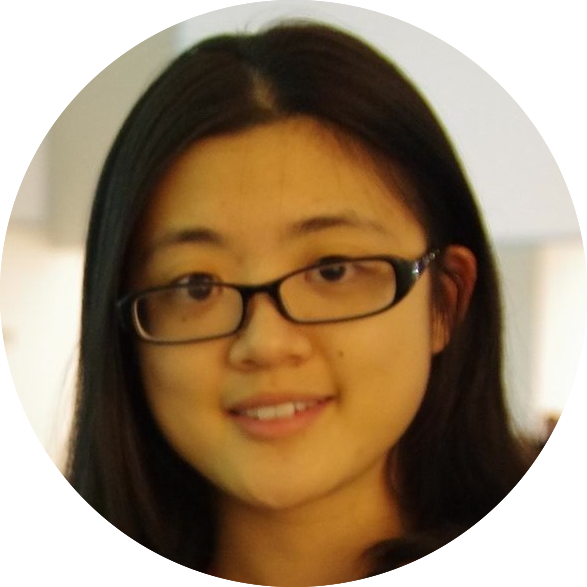
Gongjie Li
Physics
Gongjie Li is an Assistant Professor in the School of Physics. She received her Bachelors degree in astrophysics from Caltech and a PhD degree in Astronomy and Astrophysics from Harvard, followed by a Junior Fellowship at Harvard. She joined Georgia Tech in 2018. Her research group is focused on the formation and habitability of exoplanets.
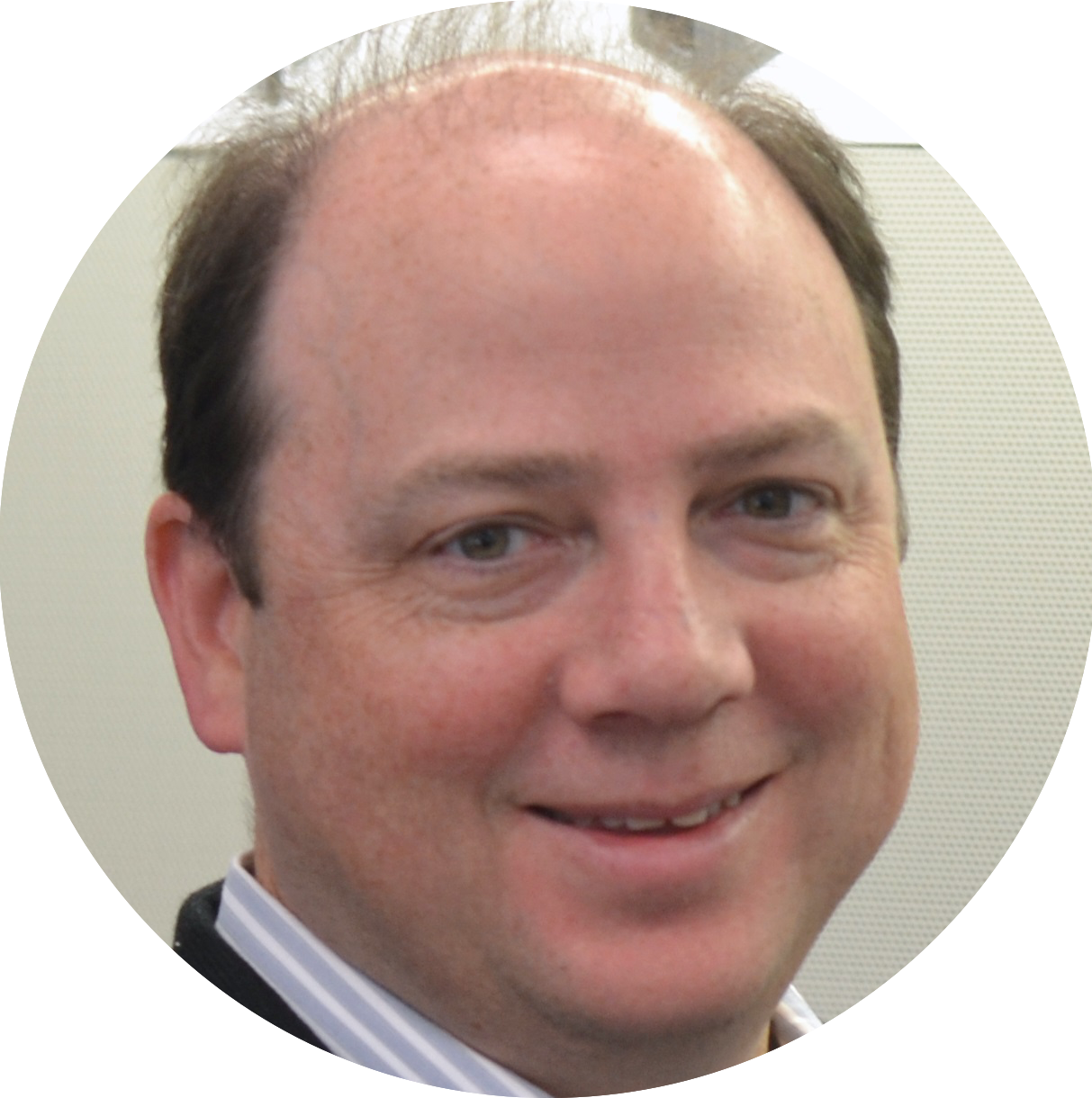
Glenn Lightsey
Aerospace engineering
Glenn Lightsey is the David Lewis Professor of Space Systems Technology in the Daniel Guggenheim School of Aerospace Engineering. He earned a Bachelors in Mechanical and Aerospace Engineering from Princeton, a Masters in Electrical Engineering from Johns Hopkins University, and a PhD in Aeronautics and Astronautics from Stanford University. He was joined the Georgia Tech faculty in 2014; previously, he was on the faculty at University of Texas Austin. His research focuses on the technology of small satellites. He is an American Institute of Aeronautics and Astronautics Fellow, Associate Editor-in-Chief of the Journal of Small Satellites, director of the Space Systems Design Lab, and director of the Center for Space Technology And Research (CSTAR).
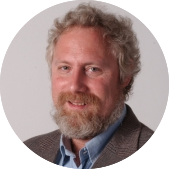
Thomas Orlando
Chemistry & BIochemistry
Thomas Orlando is a Professor in the School of Chemistry & Biochemistry. He earned a Bachelors in Chemistry from Southampton College and a PhD in Chemistry from SUNY Stony Brook. He directs the Electron- and Photon-Induced Chemistry on Surfaces Lab (EPICS) and the global multidisciplinary team REVEALS (Radiation Effects on Volatiles and Exploration of Asteroids and Lunar Surfaces). His group seeks to understand the important role electronic excitations of surfaces and interfaces play in chemical transformations, which can occur in radiation environments within the interstellar media, plasmas, or planetary magnetospheres.
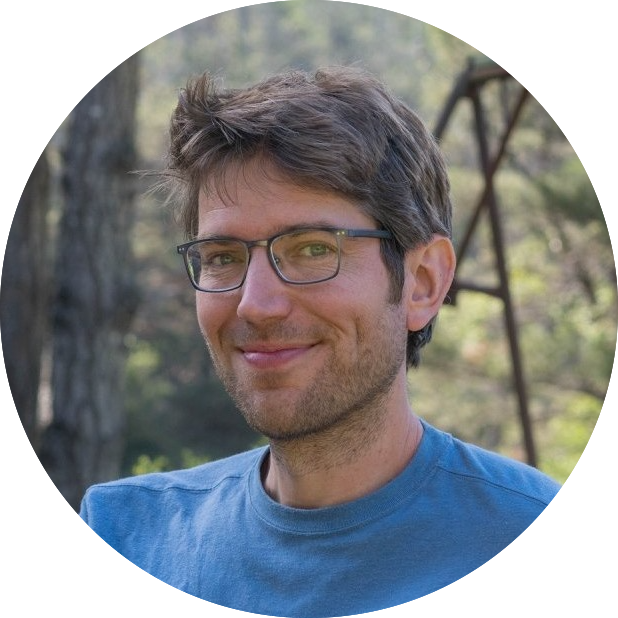
William Ratcliff
Biological Sciences
William Ratcliff is an Associate Professor in the School of Biological Sciences. He earned a Bachelors degrees in plant biology from University of California Davis, and a PhD in Ecology, Evolution, and Behavior from University of Minnesota. He joined the Georgia Tech faculty in 2014. His group has developed new experimental methods to study how among-organism genetic conflict arises and can be mitigated. His group studies the origin of complex life, namely, how new organisms arise and evolve to be more complex without succumbing to conflict.
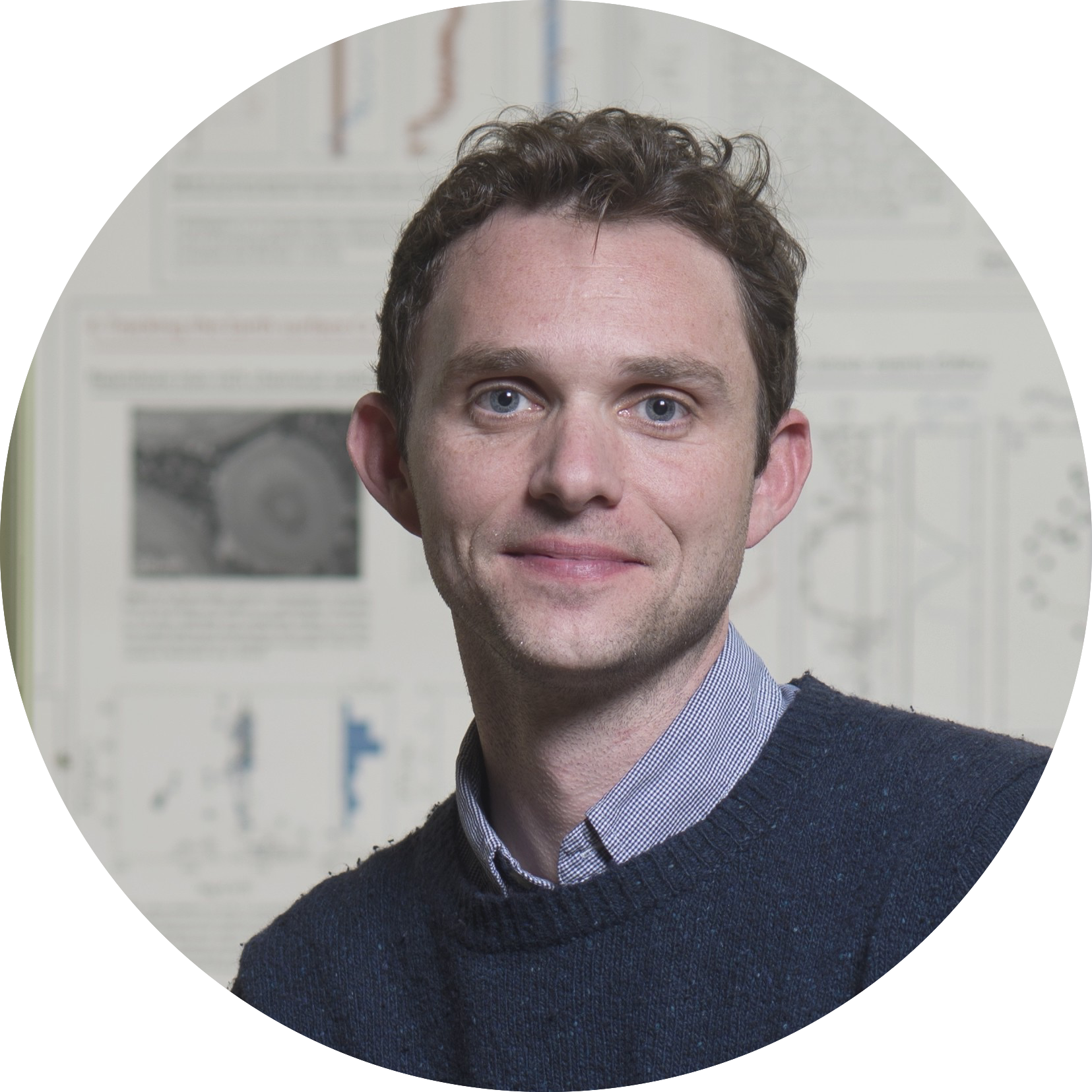
Christopher Reinhard
EArth & Atmospheric Sciences

Frances Rivera-Hernández
EARTH & ATMOSPHERIC SCIENCES
Frances Rivera-Hernández is a planetary geologist and currently the Guarini Dean’s Postdoctoral Fellow at Dartmouth College. She has a Ph.D. in Geology from the University of California at Davis, M.Sc. in Earth and Spaces Sciences from the University of Washington, and B.S. degrees in Geology and Astrophysics from the University of Wyoming. She will be joining the Georgia Tech faculty in January 2021 as an Assistant Professor in the School of Earth and Atmospheric Sciences (EAS). Her research interprets the paleoclimate, paleohydrology, and habitability of planetary bodies by reconstructing paleoenvironments and past surface processes from sedimentary rocks and landforms. She also studies modern environments and landforms on Earth to better interpret the martian and terrestrial sedimentary record. Her research is interdisciplinary, integrating field-based studies with remote sensing and numerical analyses. She leads and Planetary Science & Astrobiology Seminar Series and is co-director of the Astrobiology Graduate Certificate Program and the Astrobiology Program.

Frank Rosenzweig
Biological sciences
Frank Rosenzweig is a Professor in School of Biological Sciences. He holds Bachelors degrees in Comparative Literature and Zoology from University of Tennessee-Knoxville, and a PhD in Biology at University of Pennsylvania. He carried out postdoctoral studies at the University of Michigan. He was a professor at University of Idaho, University of Florida, and University of Montana before joining the Georgia Tech faculty in 2016. He served as the Director of the NASA Astrobiology Institute funded center “Reliving the Past” from 2015 to 2019. His research group studies the ecological and evolutionary forces that produce and preserve genetic variation using experimental evolution to illuminate how genetic variation maps onto organismal fitness.
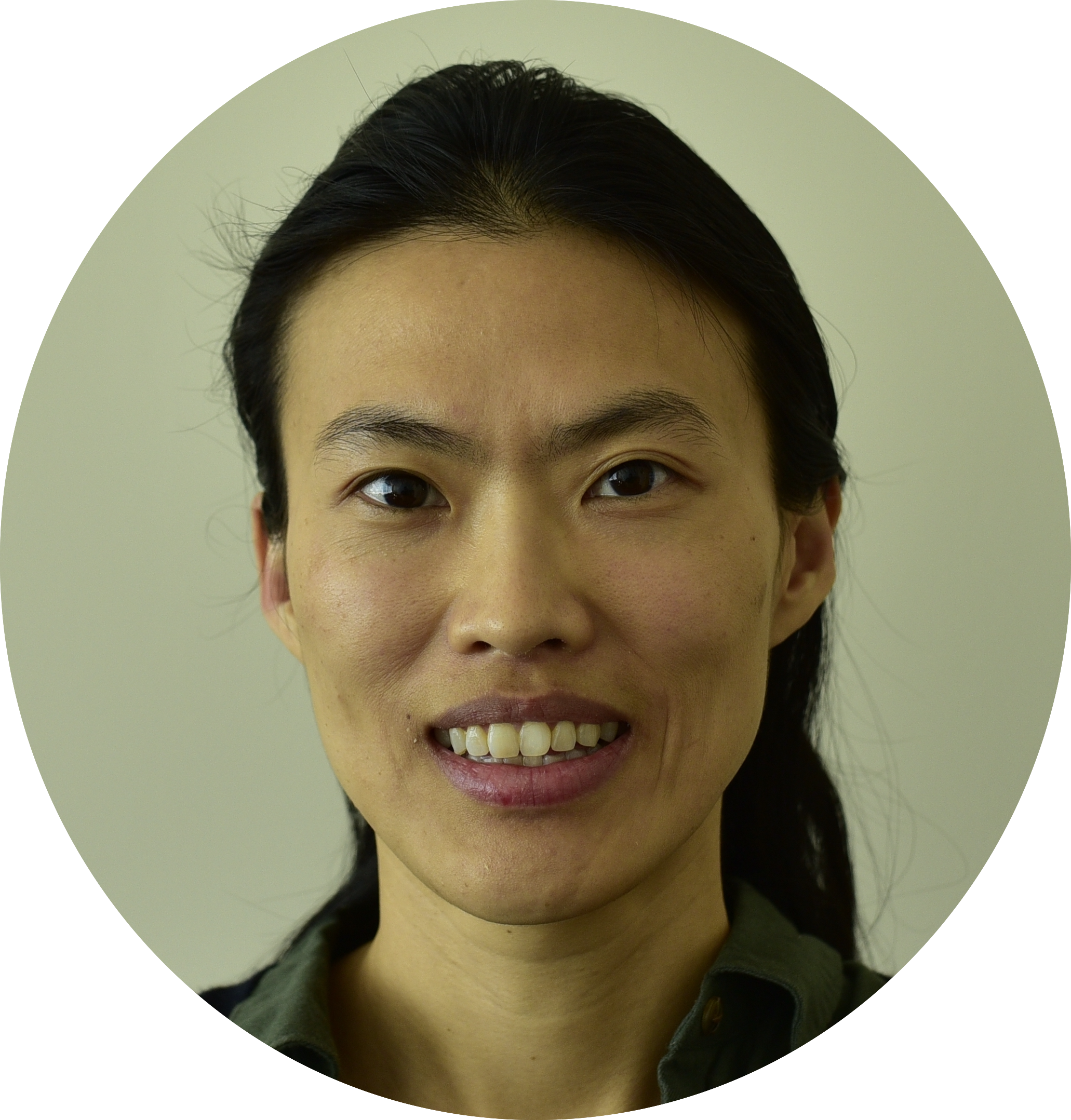
Shi Joyce Sim
EArth & Atmospheric Sciences
Joyce Sim is a geodynamicist keen on applying fluid dynamics to understand the solid Earth and Planetary processes. She has a Ph.D. in Earth Sciences from Scripps Institution of Oceanography, M.Sc. in Mechanical Engineering from University of California, San Diego and B.S. in Earth Science (honors – Geophysics) from University of California, San Diego. Joyce was a postdoctoral fellow at the Department of Terrestrial Magnetism, Carnegie Institute of Washington before joining the Georgia Tech faculty. Her research involves coupling two-phase flow and reactive thermodynamics at tectonic boundaries to understand Earth dynamics through its evolution, applying fluid dynamics to planetary systems with a goal to understand potential habitability and tackling modern day problems such as carbon storage and monitoring.
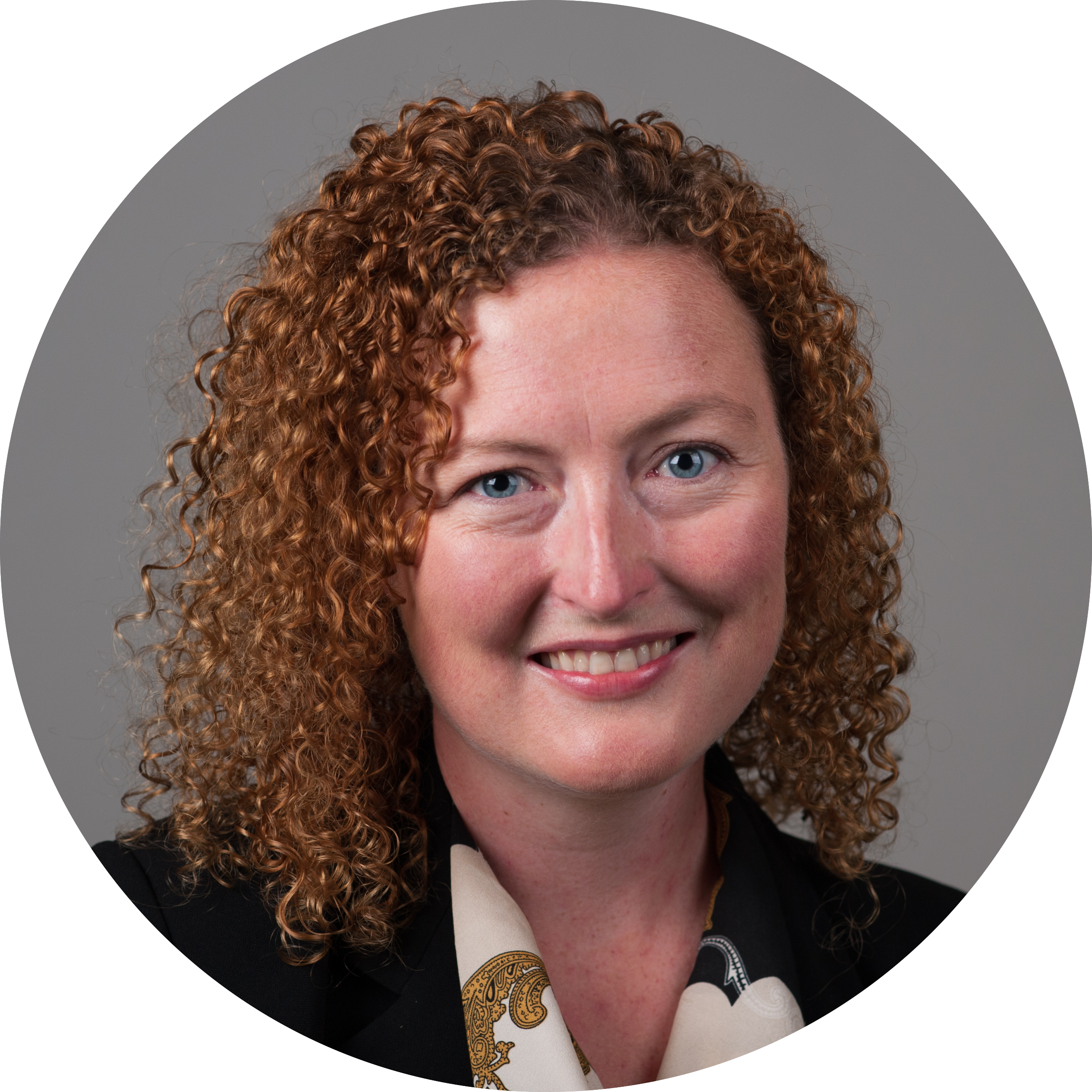
Amanda Stockton
chemistry & Biochemistry
Amanda Stockton is an Assistant Professor in the School of Chemistry & Biochemistry. She earned a Bachelors degrees in Chemistry and Aerospace Engineering from Massachusetts Institute of Technology, a Masters in Chemistry from Brown, and a PhD in Chemistry from University of California Berkeley. Prior to joining the Georgia Tech faculty in 2015, she was a postdoctoral fellow at the Jet Propulsion Laboratory. Her research group develops instruments for in situ organic analysis in search for extraterrestrial life. She is the PI of FELDSPAR, Field Exploration and Life Detection Sampling for Planetary and Astrobiology Research, which explores Icelandic lava flows as Mars analogs.
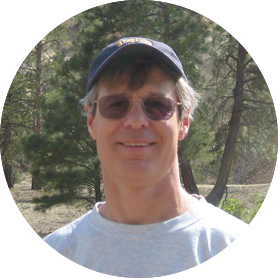
Loren Dean Williams
chemistry & biochemistry
Loren Dean Williams is a Professor in the School of Chemistry & Biochemistry. He received his Bachelors degree in Chemistry from the University of Washington, and a PhD in Physical Chemistry from Duke University, followed by ACS and NIH postdoctoral fellowships at Harvard and MIT. He joined the Georgia Tech faculty in 1992. He was Director of the NASA Astrobiology Institute funded RiboEvo Center from 2008 to 2015. Loren is currently a Co-Lead of the Prebiotic Chemistry and Early Earth Environment Consortium (PCE3, a NASA Research Coordination Network) and is Director of the NASA-funded Center for the Origin of Life (COOL). His group works to understand the origins of the ribosome and the translation system as a proxy for biological complexity, the basis of the universal tree of life, and a molecular repository of deep biochemical history.
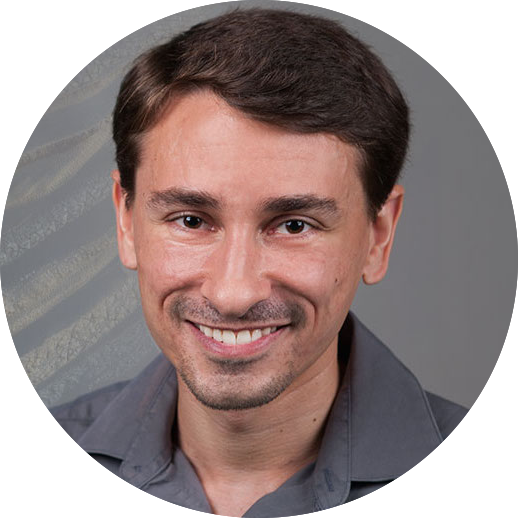
James Wray
Earth & atmospheric Sciences
James Wray is an Associate Professor in the School of Earth & Atmospheric Sciences. He earned a Bachelors degrees in Astrophysical Sciences from Princeton and a PhD in Astronomy from Cornell. He joined the Georgia Tech faculty in 2011. His research uses spacecraft observations of solar system planetary bodies to probe their surface processes and compositions, with the ultimate goal of understanding how planetary environments have evolved over time, and whether/when/where they have been habitable. The inventory of water on Mars today and in the past, and that water’s chemistry and physical properties, are of particular interest. His group also uses laboratory and field-based measurements, e.g. reflectance spectroscopy, of planetary analog materials for comparison to spacecraft data.

Lisa Yaszek
Literature, media &
Communication
Lisa Yaszek is Professor in the School of Literature, Media, and Communication, where she explores science fiction as a global language crossing centuries, continents, and cultures. She earned a Bachelors in English from University of Michigan, and Masters and PhD degrees in English from University of Wisconsin. Her books include Galactic Suburbia: Recovering Women’s Science Fiction (Ohio State, 2008), Sisters of Tomorrow: The First Women of Science Fiction (Wesleyan 2016), and The Future is Female! 25 Classic Science Fiction Stories by Women (Library of America, 2018). A past president of the Science Fiction Research Association, Yaszek currently serves as a juror for the John W. Campbell and Eugie Foster Science Fiction Awards.
